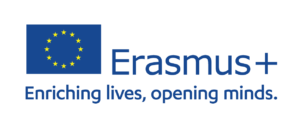Inspiring The Minds offers an extensive array of complimentary lectures and workshops for students and academics. Our goal is to share knowledge and foster communication among all participants. Browse through our lectures & workshops catalogs and sign up for each event at no cost. Register now to secure your spot!
If you missed a lecture, you can watch the recording and claim an acknowledgement certificate from here
Building Entrepreneurial Mindset and Social Innovation Capacities Supporting the Blue Economy (Workshop)
🗓️ Date: Thursday, 26 June 2025
🎙️ Speaker: Elen García (University of Alicante)
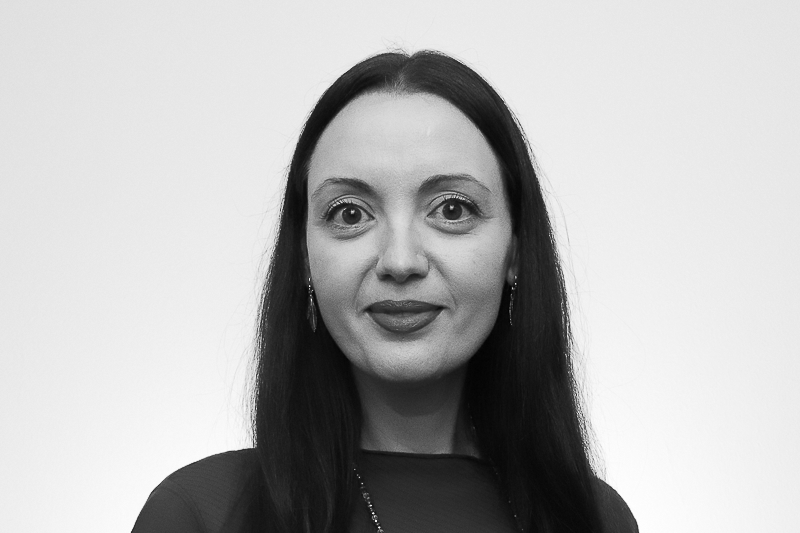
Workshop Summary
This dynamic workshop led by Elen García explored the intersections of diversity, equity, and inclusion within the blue economy. Framed as an open dialogue, the session blended conceptual overviews with real-world insights, offering participants the chance to co-define blue economy dimensions, question sectoral fairness, and reflect on equity across gender, ethnicity, and local knowledge systems. A strong emphasis was placed on community-based adaptation and nature-based solutions as powerful tools to realize a fairer and more resilient ocean economy.
Interactive exchanges with participants provided lived experiences and grounded the conversation in practical concerns — from representation in fisheries to local knowledge in marine conservation.
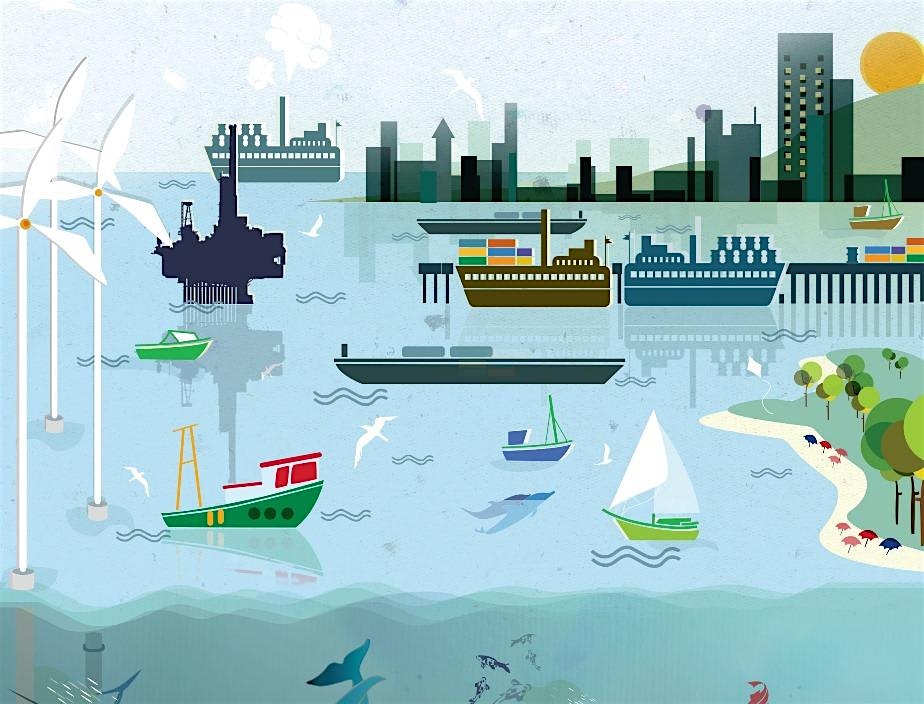
Key Conclusions
- The blue economy remains underdeveloped in many sectors and lacks inclusive participation, particularly of women, minorities, and indigenous communities.
- Equity differs from equality: true transformation requires distributing resources based on structural needs, not just offering equal opportunities.
- Fisheries and marine sectors are male-dominated, and diversity in ethnicity is not always accompanied by fair labor conditions or equitable treatment.
- Nature-based solutions and community-based adaptation offer real pathways to equitable, climate-resilient blue economies.
- Empowering local and migrant knowledge—such as small-scale fishing skills—can revitalize declining industries in a sustainable way.
Alignment with Inspiring the Minds Goals
This workshop directly advanced the project’s goals of:
- Inclusivity: by foregrounding gender, ethnicity, and intergenerational justice.
- Green actions: through discussion of sustainable marine practices and nature-based approaches.
- Course co-creation: by involving diverse stakeholders in defining key terms and frameworks collaboratively during the session.
Take-Home Message
A truly sustainable blue economy cannot be achieved without equity. Inclusivity, community knowledge, and fair distribution of resources are essential for driving innovation, resilience, and justice across ocean sectors.
If you missed the workshop, you can watch the recording and claim an acknowledgement certificate from here
Tags
#BlueEconomy #GenderEquality #InclusiveInnovation #CoCreation #NatureBasedSolutions #MarineGovernance #SocialEquity #SustainableOceans
Inclusive Influence: Empowering Voices on Social Media (Lecture)
🗓️ Date: 27 March 2025
🎙️ Speaker: Valentina Lanci (UiT)
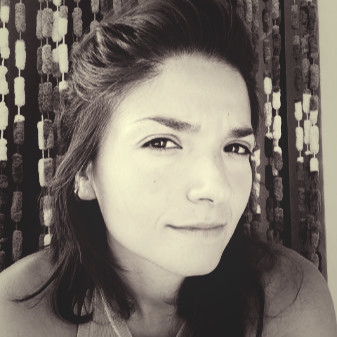
Lecture Summary
In this insightful lecture, Valentina Lanci explored the crucial role of inclusive design in social media. Addressing how language, visuals, cultural context, and accessibility tools shape user experiences, she emphasized that content creation is never neutral — it either empowers or excludes.
Valentina highlighted that inclusive content creation must go beyond compliance and technical accessibility; it requires empathy, simplicity, and awareness of diverse perspectives. Drawing on her expertise in communication, social sciences, and visual storytelling, she introduced powerful metaphors like mirrors, windows, and sliding glass doors to show how social media can either reflect, observe, or enable engagement across cultural and individual differences.
Interactive examples and reflections throughout the session encouraged participants to recognize bias, minimize barriers, and practice active inclusion in everyday communication — particularly across global, multilingual, and digitally mediated audiences.
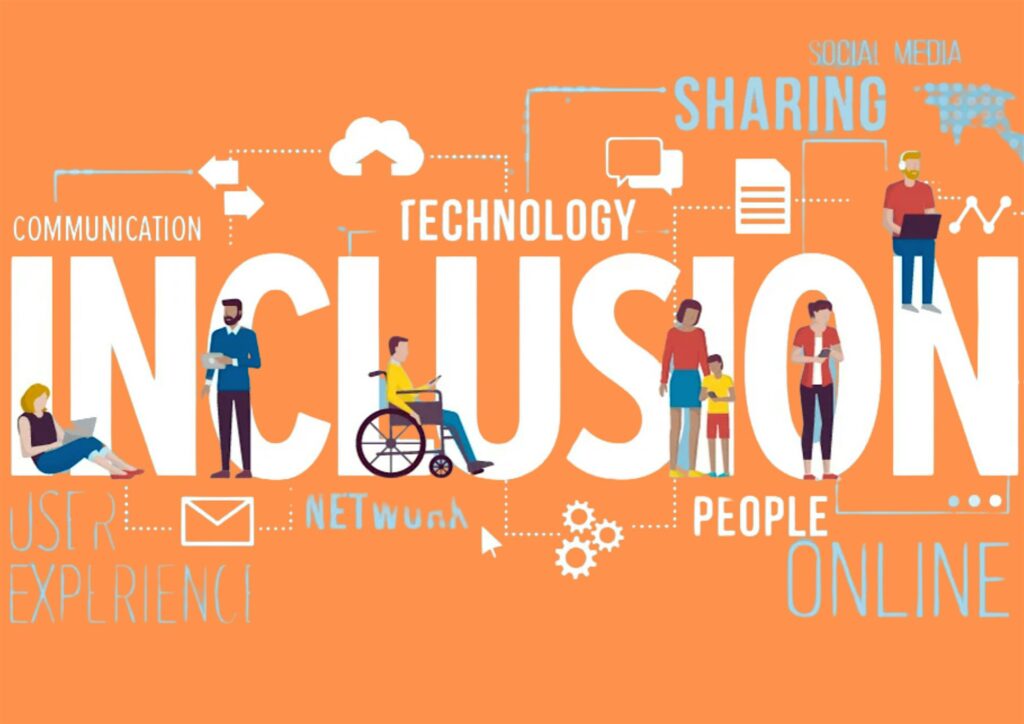
Key Conclusions
- Inclusive design is not a product, but a process rooted in empathy, co-creation, and flexibility.
- Social media can empower or marginalize, depending on how content is framed, who it represents, and which tools are used.
- Accessibility must consider users with disabilities, neurodiverse audiences, and people from various language and cultural backgrounds.
- Unconscious bias and oversimplified design assumptions (e.g., color, idioms, tone, or text density) can unintentionally exclude large portions of users.
- True inclusivity includes offering choices — subtitles, alt text, gender-neutral language, readable contrast, and culturally adaptable content.
Alignment with Inspiring the Minds Goals
This lecture clearly supported:
- Inclusivity: by highlighting how media can either amplify or silence underrepresented voices and lived realities.
- Co-Creation: through active audience reflection, discussion, and mutual learning about inclusive design tools and mindsets.
- Green and digital transitions: by promoting responsible communication in the digital space — a foundational skill in sustainable innovation ecosystems.
Take-Home Message
Inclusivity is not perfection — it’s intention. Every social media post or visual story carries the power to either include or exclude. By practicing empathy, listening to diverse perspectives, and designing content that offers options, we can make digital spaces more open, respectful, and empowering.
If you missed the workshop, you can watch the recording and claim an acknowledgement certificate from here
Tags
InclusiveDesign #SocialMediaAccessibility #DigitalInclusion #MirrorAndWindow #AccessibleCommunication #EquityOnline #CulturalSensitivity #CoCreation #EmpathyDrivenDesign
Mastering Scientific Abstract Writing (Workshop)
🗓️ Date: 25 March 2025
🎙️ Facilitator: Dr. Tamer Abu-Alam (UiT The Arctic University of Norway)
📍 Format: Online Workshop (Pre-CloudEARTHi Conference Side Event)
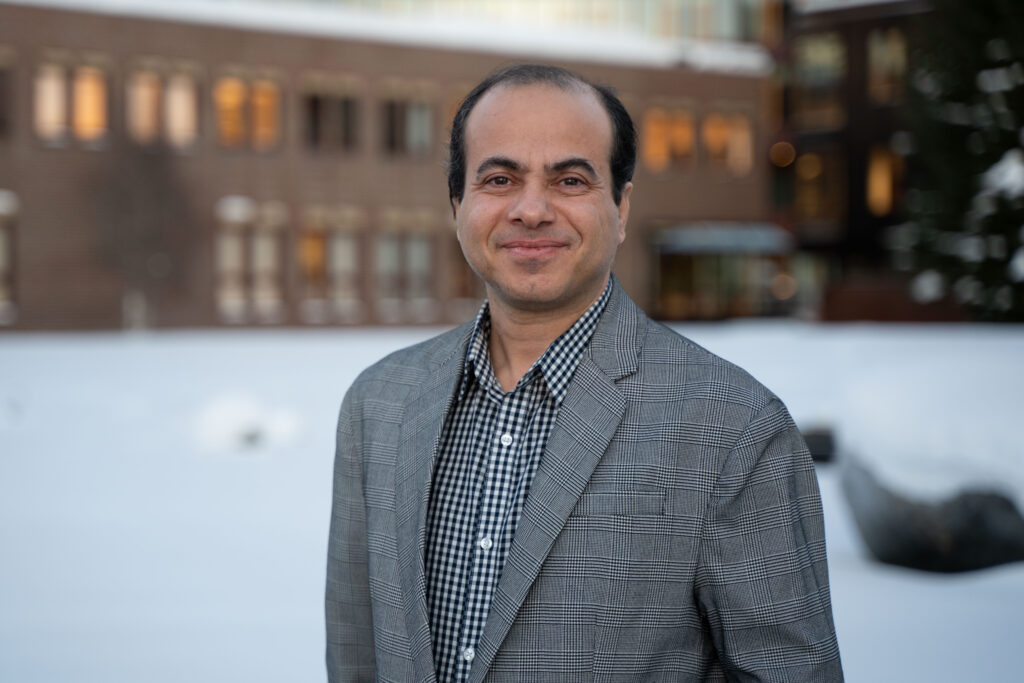
Workshop Summary
This highly interactive workshop, led by Dr. Tamer Abu-Alam, focused on a foundational but often overlooked academic skill: writing clear, compelling, and adaptable scientific abstracts. Designed specifically for young researchers and early-career scientists, the session offered practical tools to elevate abstract writing for conferences, journal submissions, and funding proposals.
Through guided examples, group exercises, and peer exchange, participants learned how to balance scientific accuracy with clarity, structure key research messages effectively, and tailor their abstract style to a variety of target audiences. The workshop also introduced strategies to increase impact and readability, which are increasingly important in a crowded research landscape.
In addition, attendees received individualized feedback and gained exclusive access to submit and present their abstracts at the upcoming CloudEARTHi Conference — reinforcing the session’s real-world application.
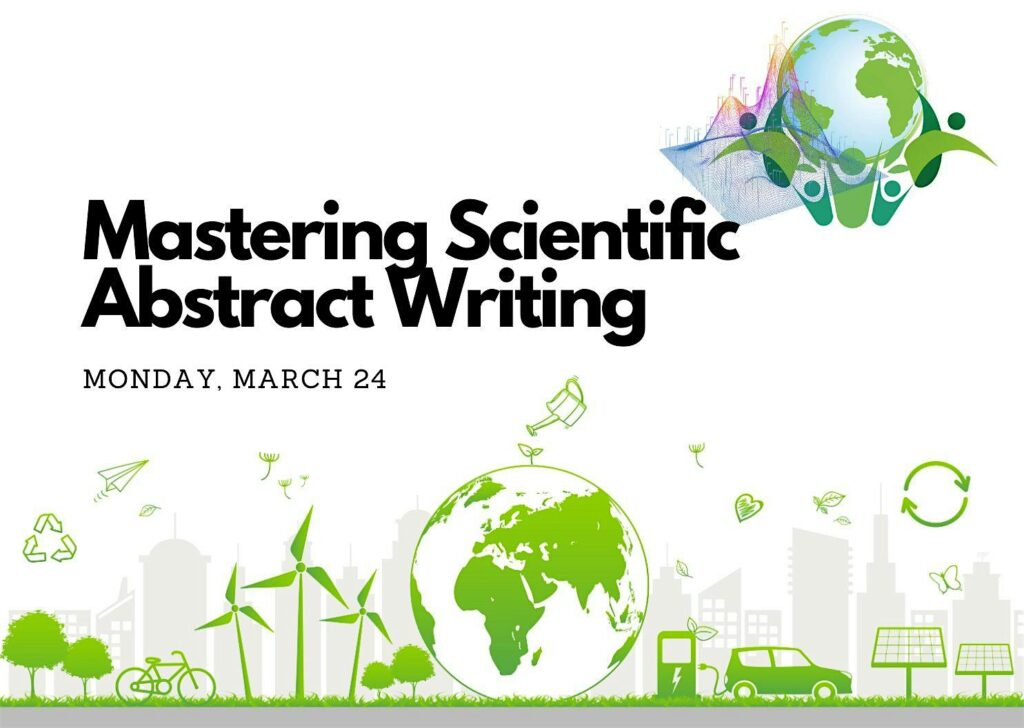
Key Conclusions
- Strong abstracts require more than a summary — they must engage, inform, and persuade.
- Clear structure (problem, methods, results, implications) improves both reader comprehension and reviewer approval.
- Abstracts should be adaptable across academic, policy, and industry audiences.
- Concise language, without jargon or redundancy, improves accessibility and impact.
- Peer feedback and iterative editing are essential for developing high-quality outputs.
Alignment with Inspiring the Minds Goals
This workshop advanced:
- Inclusivity: by empowering early-career researchers from diverse backgrounds to participate in international academic discourse.
- Course Co-Creation: by offering participants real-time feedback, practice-based learning, and a chance to influence conference outcomes.
- Green Action (indirectly): by improving science communication practices that support climate and sustainability research dissemination.
Take-Home Message
A compelling scientific abstract is not just a summary — it’s your research story’s first impression. Make every word count.
If you missed the workshop, you can watch the recording and claim an acknowledgement certificate from here
Tags
#ScientificWriting #AcademicSkills #YoungResearchers #ResearchCommunication #AbstractWriting #CapacityBuilding #OpenScience #CloudEARTHi #CoCreation
Open Science, Scientific Dissemination, and Citizen Engagement (Workshop)
🗓️ Date: 17 March 2025
🎙️ Speaker: Stefano Rimini (President of Pianeta.org & EU Climate Pact Ambassador)
📍 Format: Online Workshop
🔗 Website: pianeta.org
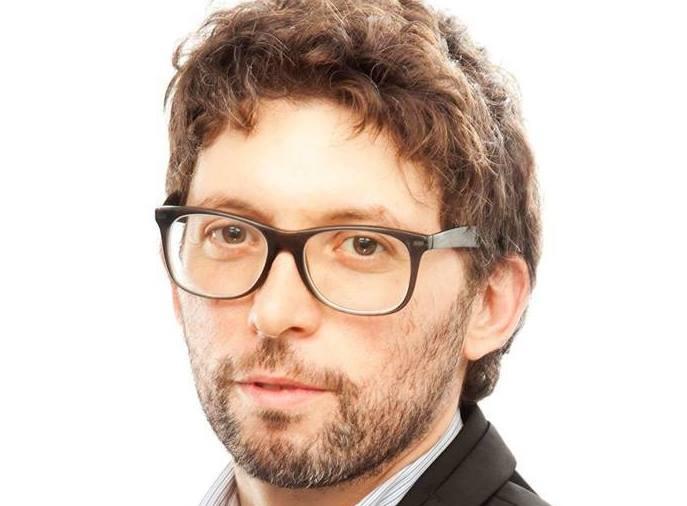
Workshop Summary
This timely and deeply engaging workshop explored the growing gap between social and environmental challenges, and how transdisciplinary approaches—anchored in Open Science, citizen engagement, and inclusive scientific dissemination—can help address this divide.
Led by Stefano Rimini, a senior policy advisor and activist with over 15 years of experience in social justice and evidence-based policy, the session examined how communities can resist misinformation, reclaim democratic dialogue, and co-produce policy solutions rooted in both scientific integrity and public participation.
Participants were introduced to successful examples of engagement projects in Italy (notably in Emilia-Romagna), where citizens, scientists, and policymakers collaborated on environmental challenges such as water governance, flooding, and climate adaptation. From co-designed public workshops and serious-play methods in schools to national-level youth councils and EU climate ambassador programs, the session showcased scalable, human-centered models of engagement.
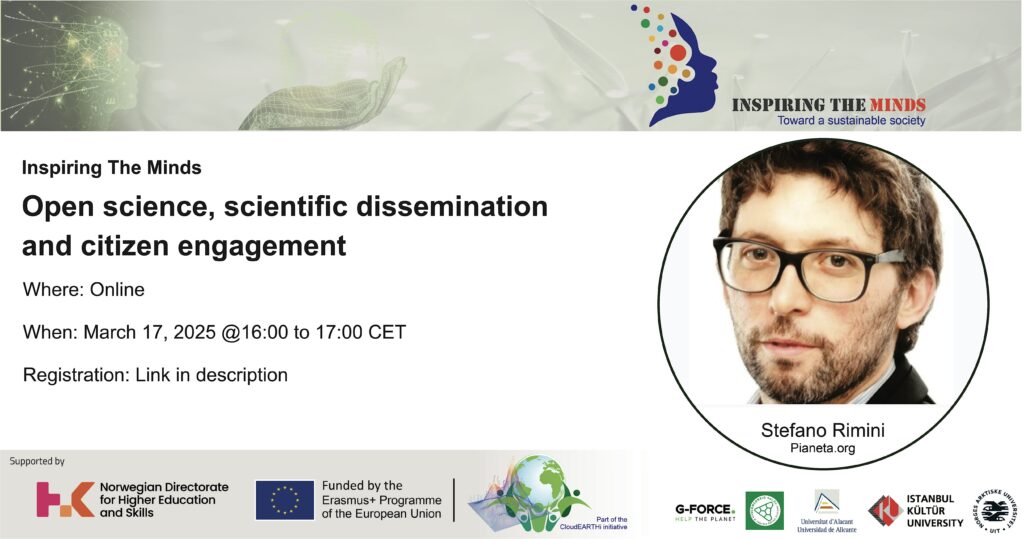
Key Conclusions
- Open Science must go beyond access—it requires social engagement, shared responsibility, and the inclusion of diverse publics in the production and consumption of scientific knowledge.
- Citizen engagement is essential to combat disinformation and to translate scientific knowledge into actionable, context-specific solutions.
- Local networks, co-designed activities, and cultural tools (e.g. music, sport, documentary screenings) are powerful mechanisms to activate communities and inform policy.
- Youth voices, when meaningfully included, can drive national policy innovations—as seen in UNICEF-supported youth councils and new public funding schemes.
- Context sensitivity is crucial; models of engagement must be adapted to the realities, needs, and social fabrics of each local setting.
Alignment with Inspiring the Minds Goals
This workshop directly supported:
- Inclusivity: engaging youth, migrants, and the elderly in co-production of environmental knowledge.
- Green Action: empowering local communities to respond to climate-related crises like flooding and drought.
- Co-Creation: showcasing how citizen-science partnerships and local activism can reshape public policy.
Take-Home Message
Open science is not enough. To meet today’s challenges, we must move toward open societies—where policy, science, and citizens co-create inclusive, informed, and resilient futures.
If you missed the workshop, you can watch the recording and claim an acknowledgement certificate from here
Tags
#OpenScience #CitizenEngagement #ScientificDissemination #ClimateJustice #PolicyCoCreation #YouthParticipation #SocialInnovation #CloudEARTHi #Pianeta #InspiringTheMinds
Diversity, Inclusivity, Equity and Sustainability in Business (Workshop)
📅 Date: 13 March 2025
🎙️ Speakers: Prof. Antonio Jesus Anton Baeza (University of Alicante), Dr. Tamer Abu-Alam (UiT)
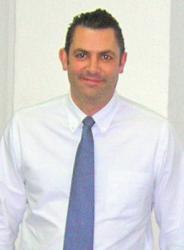
Workshop Summary
This highly interactive workshop empowered students to integrate principles of diversity, inclusivity, equity, and sustainability into the design of business ideas and entrepreneurship models. Co-led by Prof. Antonio Moya and Dr. Tamer Abu-Alam, the session provided both conceptual foundations and practical strategies for embedding social justice and environmental awareness into business planning.
The workshop began with an introduction to the Inspiring the Minds project, situating the discussion within a broader European framework of sustainable innovation and inclusive transformation. Participants then explored how these core values can be embedded throughout the business model canvas, from customer segmentation to value propositions and human resource practices.
Real-life examples and audience engagement deepened understanding of critical concepts such as blind recruitment, accessibility in product design, inclusive hiring, and multicultural business environments.
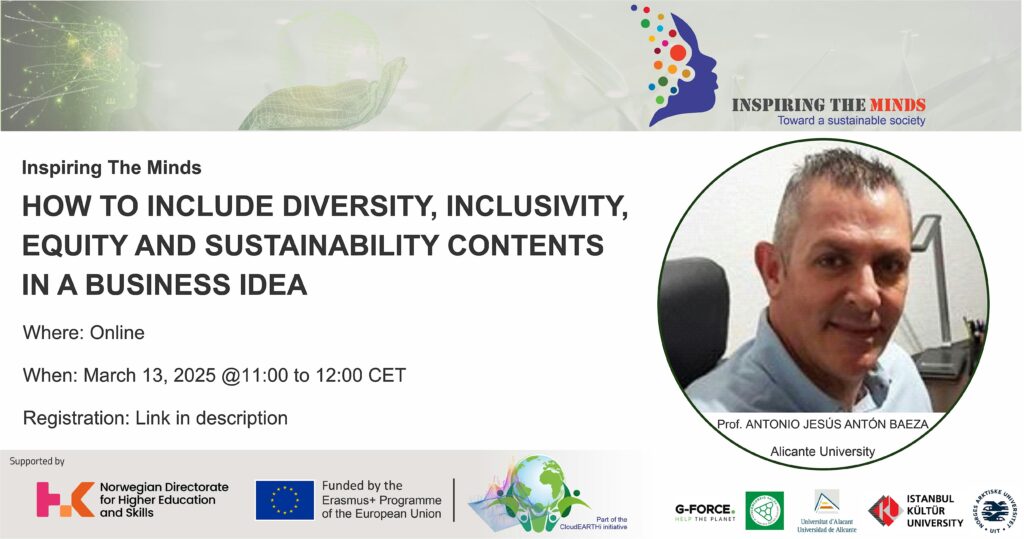
Key Conclusions
- Diversity refers to the presence of difference—across gender, age, ethnicity, ability, and background—in society and the workplace.
- Inclusion means creating systems and environments where all individuals can thrive and contribute equally.
- Equity requires adapting support to the specific needs of individuals and groups to ensure fairness.
- Sustainability in business must be embedded not only in environmental strategies but also in the human and social components of entrepreneurship.
- A truly impactful business plan should consider inclusivity from product design to internal management and external impact.
- Discrimination, even unintended, often arises from poor design, non-inclusive policies, or failure to consider diverse user needs.
Alignment with Inspiring the Minds Goals
This workshop directly supported:
- Inclusivity: Through direct discussion of inclusive hiring, blind recruitment, and accessible design for underrepresented groups.
- Green Actions: By challenging students to build sustainable business models aligned with circular economy and long-term societal benefit.
- Course Co-Creation: By encouraging students to reflect critically on their own business ideas and reframe them through inclusive and equitable lense.
Take-Home Message
A sustainable business must do more than minimize its environmental footprint—it must actively embrace diversity, foster inclusion, and deliver equity. Embedding these values into the core of a business model isn’t just ethical—it’s also smart, resilient, and future-proof.
If you missed the workshop, you can watch the recording and claim an acknowledgement certificate from here
Tags
#InclusiveBusiness #DiversityEquityInclusion #SustainableEntrepreneurship #CircularEconomy #AccessibleDesign #BlindRecruitment #SocialInnovation #CoCreation
Work Integration Social Enterprises (WISEs): Pathways to Social Inclusion and the Circular Economy (Lecture)
📅 Date: 4 March 2025
🎙️ Speakers:
- Gianfranco Marocchi – Editor, Impresa Sociale; Deputy Editor, Welforum.it; B-Wise Project Research Lead
- Camilla Baldini – European Project Coordinator, Idee in Rete
- Piera Lepore – Sociologist, Expert in Labour Inclusion and Social Enterprise Research
Lecture Summary
This insightful session highlighted the transformative role of Work Integration Social Enterprises (WISEs) in promoting employment opportunities for disadvantaged groups—such as individuals with disabilities, migrants, ex-prisoners, and the long-term unemployed—while advancing environmental sustainability and circular economy principles. The session showcased findings from the B-Wise Erasmus+ project, which developed a European blueprint for skills development in the WISE sector, focusing on digital and transversal competencies.
The speakers presented comparative data across European countries, revealing how the strength of WISE ecosystems correlates with robust policy support. Italy’s own experience was used as a case study, with projects such as Inclusione.coop, GreenBoost4WISEs, and Lands exemplifying the potential of targeted investments in training, capacity-building, and green transformation.
The conversation also touched on strategic advocacy efforts at the EU level, especially through the ENSIE (European Network of Social Integration Enterprises), to elevate the role of WISEs in European policymaking.
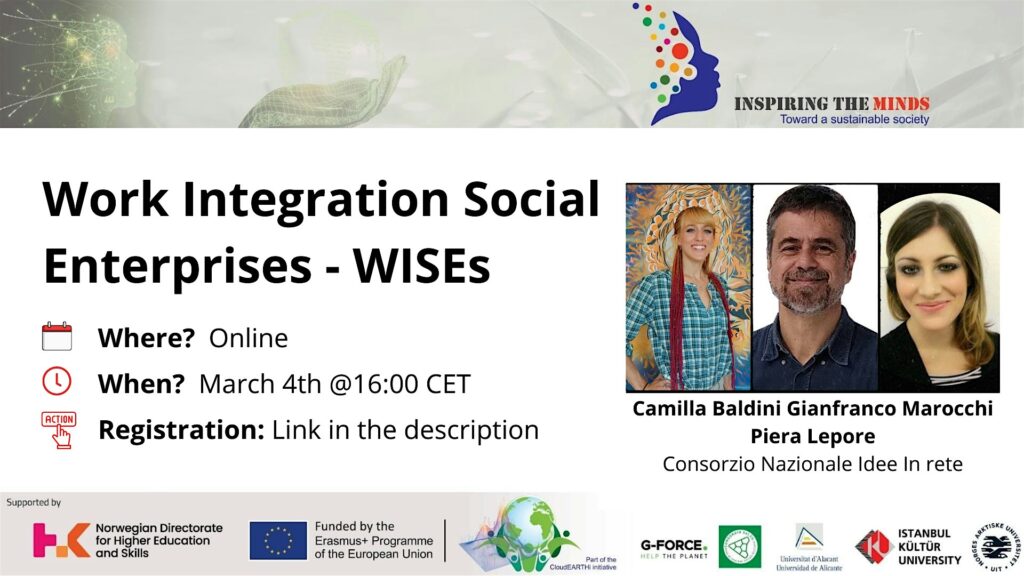
Key Conclusions
- Strong national WISE systems (e.g., in France, Belgium, Austria) are underpinned by proactive public policies offering funding, legal frameworks, and reserved procurement.
- WISEs must balance entrepreneurial operations with their social mission, which cannot be sustained without structured support (estimated need: 25–40% of income from public assistance).
- European initiatives like B-Wise and GreenBoost4WISEs offer replicable models for cross-border cooperation, green innovation, and upskilling.
- There is an urgent need for better recognition of WISEs as strategic partners in employment and green policy across Europe.
Alignment with Inspiring the Minds Goals
This lecture directly supported:
- Inclusivity & Diversity: The session directly aligned with the project’s vision of social inclusion by spotlighting vulnerable groups and the mechanisms to integrate them into the labor force.
- Green Action: Showcased how WISEs are transitioning toward sustainable operations through green skills training and participation in circular economy projects.
- Course Co-Creation & Capacity Building: The B-Wise curriculum, including open MOOCs for training workers and managers in the WISE sector, reflects an inclusive, scalable learning model.
Take-Home Message
WISEs are not just charitable initiatives—they are vital actors in building equitable, sustainable, and inclusive economies. Their growth depends on informed policies, cross-sectoral partnerships, and continuous upskilling. Investing in WISEs is investing in the future of inclusive and green work.
Speaker Bios
Gianfranco Marocchi is a social researcher with over 30 years of leadership experience in Third Sector organisations. He is the former president of Idee in Rete, co-editor of Impresa Sociale, and has led multiple studies on labor integration and social enterprise models.
Camilla Baldini specializes in social inclusion, Europlanning, and advocacy for vulnerable communities. She coordinates numerous EU projects focused on employment, education, and sustainability and is recognized by the EU Agency for Asylum as a qualified expert.
Piera Lepore is a sociologist and researcher with over a decade of experience in job placement for disadvantaged populations. She is an expert in qualitative research, stakeholder engagement, and the design of inclusive labor market strategies.
If you missed the workshop, you can watch the recording and claim an acknowledgement certificate from here
Tags
#WISEs #InspiringTheMinds #CircularEconomy #SocialInclusion #BWISE #GreenTransition #CloudEARTHi #Inclusivity #CapacityBuilding #EUProjects
SpicE: A Case of Hybrid Teacher Training in STEAM (Lecture)
📅 Date: 20 February 2025
🎙️ Speaker: Prof. Dr. Rosabel Martínez Roig (University of Alicante)
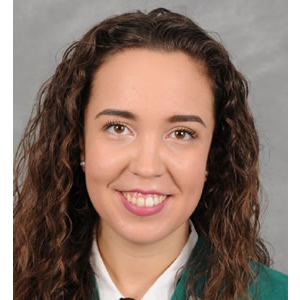
Lecture Summary
This session showcased the innovative SpicE project (Special Education STEAM Academy), a European Commission–funded initiative aimed at transforming how teachers are trained in inclusive STEAM education. Delivered by Prof. Dr. Rosabel Martínez Roig, the lecture detailed a hybrid, three-phase training model designed to empower both pre-service and in-service teachers working with students with mild disabilities.
The training combined:
- Massive Open Online Courses (MOOCs) – Enrolling over 1,000 teachers, this self-paced component offered a strong foundation in inclusive STEAM teaching.
- Blended Learning Tracks – Synchronous sessions tailored to pre-service and in-service educators, fostering reflection, collaboration, and lesson planning.
- International Mobility – Six-day, immersive sessions held in Alicante and Cyprus, where participants collaborated on STEAM projects, engaged in hands-on activities, and worked directly with local schoolchildren.
Prof. Martínez Roig highlighted how the course structure, multilingual community forums, and cross-cultural collaboration helped bridge the gap between technical STEM skills and inclusive education principles.
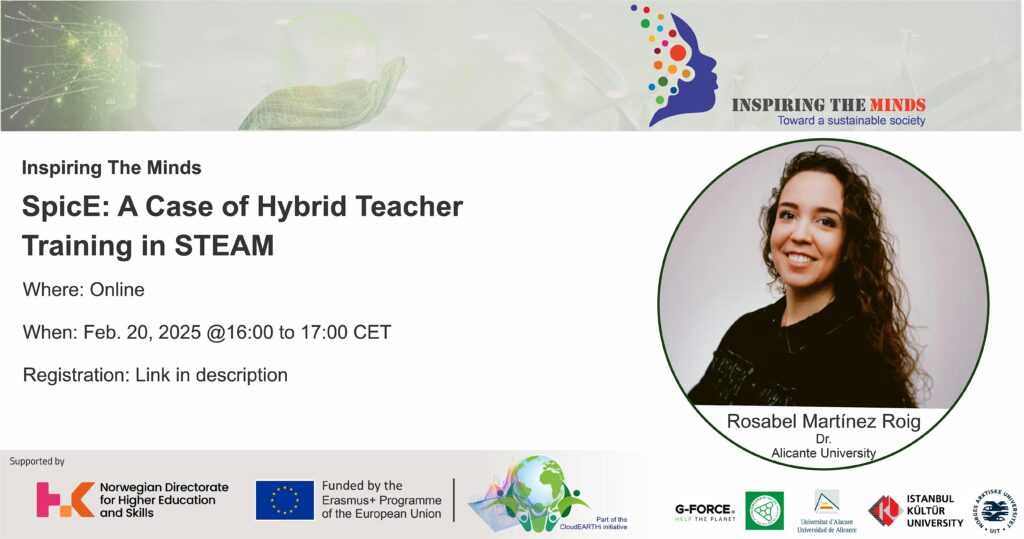
Key Conclusions
- Inclusive STEAM teaching requires tailored methods and resources that address both technical content and special educational needs.
- Hybrid training (asynchronous MOOCs, blended learning, and mobility) enhances flexibility and real-world preparedness.
- The Community of Practice built through the project continues to foster multilingual exchange and long-term collaboration.
- Real engagement with students and schools during mobility phases ensures direct impact on classroom practices.
Alignment with Inspiring the Minds Goals
This lecture directly supports the project’s mission by:
- Fostering inclusivity through specialized teacher training focused on mild disabilities
- Driving green innovation by integrating STEAM with accessibility and educational equity
- Promoting course co-creation via teacher-led content development and community-driven learning forums
Take-Home Message
SpicE proves that combining online, blended, and hands-on international learning can produce resilient, inclusive educators who are ready to transform classrooms across Europe. True innovation in education comes from bridging diversity, collaboration, and technological literacy.
Speaker Bios
Prof. Dr. Rosabel Martínez Roig is an Assistant Professor at the University of Alicante and a leading expert in inclusive education. She is a core member of the SpicE consortium and has led several EU-funded education and training initiatives across Southern Europe.
If you missed the workshop, you can watch the recording and claim an acknowledgement certificate from here
Tags
STEAMEducation #InclusiveTeaching #SpecialEducation #TeacherTraining #MOOC #HybridLearning #CommunityOfPractice #EUEducation #EquityInSTEM #CoCreation #EducationalInnovation
Empowering Women in STEAM (Lecture)
📅 Date: 14 February 2025
🎙️ Speaker: Cristina Beans (University of Alicante)
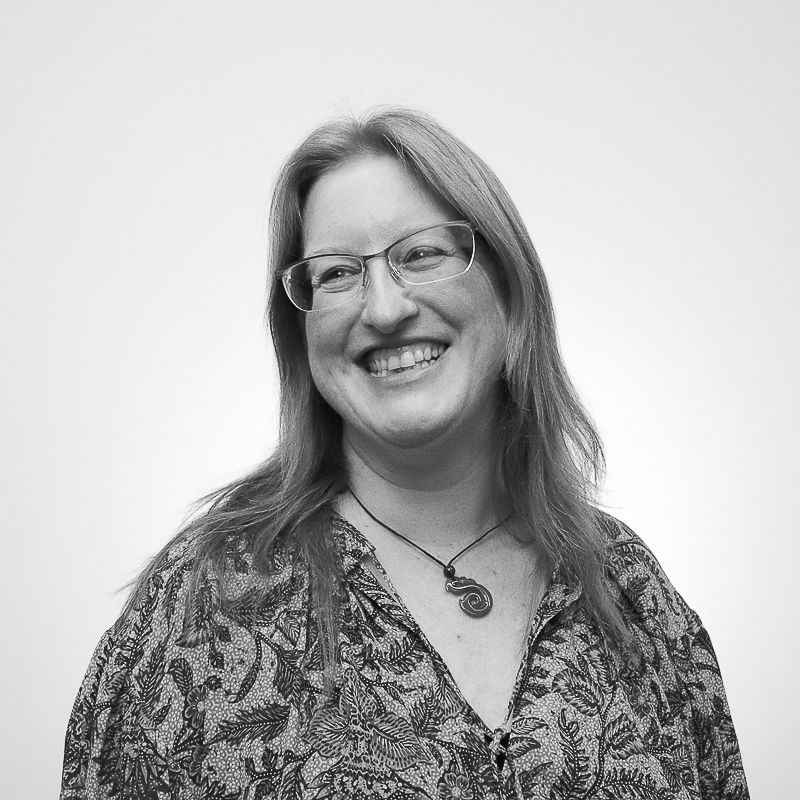
Lecture Summary
Cristina Beans, Senior Project Manager at the University of Alicante, delivered a compelling session on advancing women’s careers in research and STEAM. This lecture centered on the Elevate-HER project—an Erasmus+ Capacity Building initiative that fosters female research leadership in Senegal. Cristina’s presentation highlighted the systemic barriers women face in science globally and in Sub-Saharan Africa, including underrepresentation, limited leadership opportunities, and lack of institutional support.
The lecture showcased how Elevate-HER addresses these gaps through:
- Training programs in research, leadership, and digital skills
- Institutional career development systems in partner universities
- Mentorship initiatives and international collaboration
- Awareness campaigns targeting universities and policy makers
Cristina also discussed the Sub-Saharan Africa Women Researchers Program, which enables female researchers to undertake short-term research stays at the University of Alicante, supported by regional government funding.
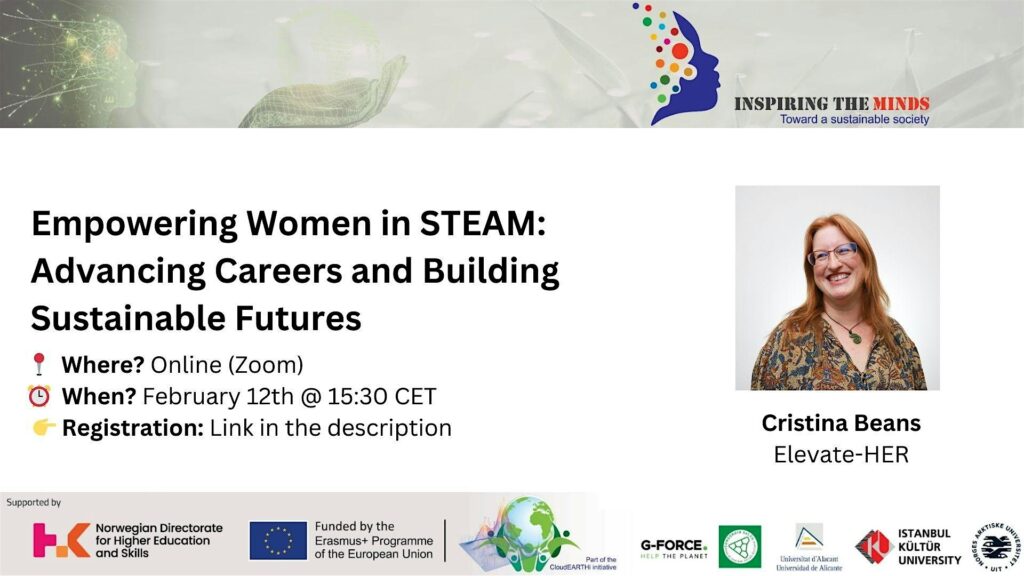
Key Conclusions
- Despite decades of progress, women remain underrepresented in STEAM fields, especially in senior academic roles and policymaking positions.
- Targeted capacity-building initiatives like Elevate-HER are critical to structurally empower female researchers in the Global South.
- Institutional commitment—through leadership, mentorship, and inclusive policies—is essential for long-term impact.
- Visibility and awareness-raising—including regional events and the upcoming Her Story webinar series—are key to shifting norms and inspiring change.
Alignment with Inspiring the Minds Goals
This lecture directly supports the project’s mission by:
- Inclusivity: Elevate-HER directly promotes gender equity in research and academia in a Global South context.
- Green Actions: By supporting inclusive innovation systems in Senegal, the project indirectly contributes to sustainable growth.
- Course Co-Creation: Training modules and mentorship plans were co-designed with local academic partners, ensuring cultural and institutional relevance.
Take-Home Message
Women are essential to the future of science—but systems must be built to support them. Elevate-HER shows how inclusive, collaborative, and well-funded capacity-building can transform higher education ecosystems, unlocking the full potential of female researchers in Senegal and beyond.
Speaker Bios
Cristina Beans is a marine biologist and senior project manager at the University of Alicante, with over a decade of experience in Erasmus+ projects. Her portfolio includes capacity-building, climate change education, employability, and science communication. She holds degrees in marine biology, science history, and project management, and is a central figure in Europe-Africa cooperation in higher education.
If you missed the workshop, you can watch the recording and claim an acknowledgement certificate from here
Tags
ElevateHER #GenderEquality #WomenInSTEAM #InclusiveResearch #CapacityBuilding #SubSaharanAfrica #ErasmusPlus #AcademicLeadership #InspiringTheMinds
Pakistan’s Flood Crisis (Lecture)
📅 Date: 07 February 2025
🎙️ Speaker: Haseeb Ahmad (UiT The Arctic University of Norway)
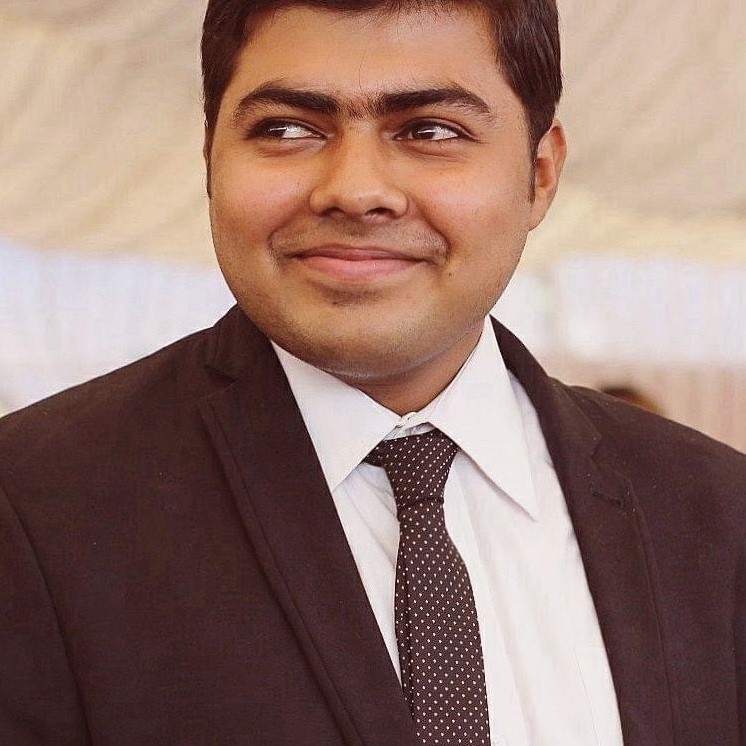
Lecture Summary
This lecture explored the devastating impact of recurring floods in Pakistan, presented by Haseeb Ahmad, a recent graduate from UiT. Drawing from his MSc thesis and field research in Punjab and Balochistan, Haseeb unpacked the structural, climatic, and governance-related causes of the crisis. The session highlighted how 2022’s catastrophic floods affected millions, illustrating the intersection of glacial melt, deforestation, weak infrastructure, political instability, and ineffective disaster response systems.
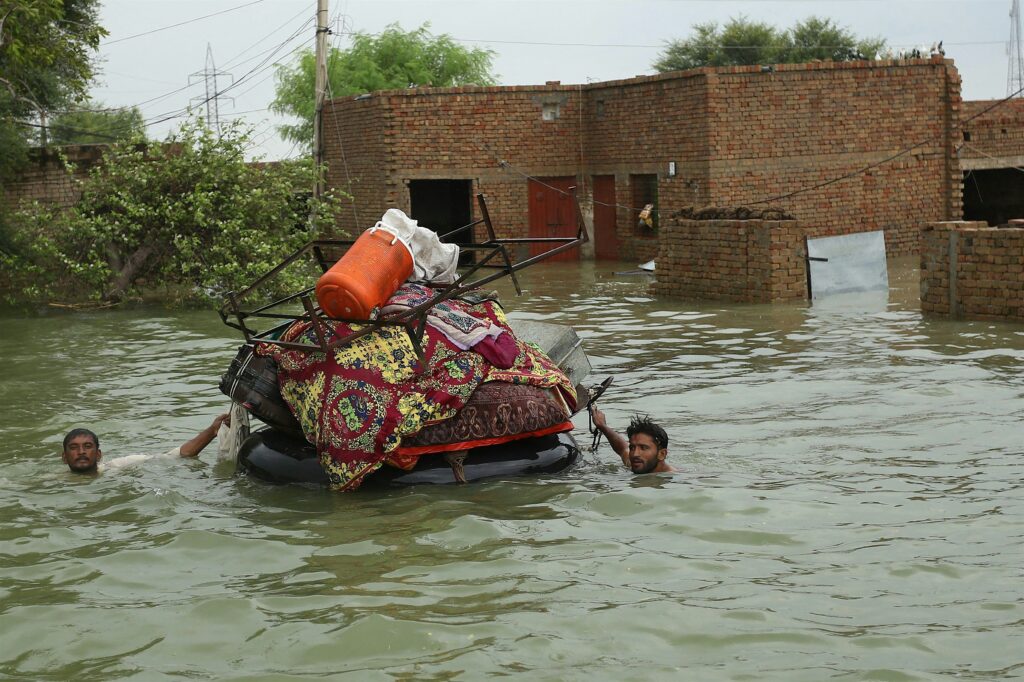
Key Conclusions
- Climate Change & Glacial Melt: With over 7,000 glaciers, Pakistan is highly vulnerable to glacial melt, exacerbated by global warming.
- Policy Failure: Despite existing policies, their implementation remains weak due to corruption and institutional instability.
- Community Resilience: Local communities often take initiative in flood response in the absence of effective government action.
- Social Vulnerability: Children and women are disproportionately impacted, especially in rural and culturally conservative regions.
- Citizen Science & Field Research: Firsthand interviews revealed severe infrastructural neglect (e.g., lack of schools and medical services), emphasizing the need for long-term investment and inclusive recovery strategies.
Alignment with Inspiring the Minds Goals
This lecture contributed powerfully to Inspiring the Minds’ goals of:
- Inclusivity: By amplifying voices from flood-affected communities in Pakistan and highlighting structural inequalities.
- Green Action: Through a critical lens on climate-driven disasters and the call for reforestation, sustainable infrastructure, and early-warning systems.
- Course Co-Creation: The lecture was based on co-produced academic research between Haseeb and UiT faculty, demonstrating the power of mentoring and applied learning in higher education.
Take-Home Message
Climate change is not a distant threat—it is a lived reality for millions in the Global South. Systemic corruption, political instability, and weak infrastructure amplify the suffering of vulnerable populations. To ensure a resilient future, global solidarity, inclusive governance, and evidence-based policy reforms are urgently needed.
If you missed the workshop, you can watch the recording and claim an acknowledgement certificate from here
Tags
ClimateResilience #DisasterManagement #GlobalSouth #SustainableDevelopment #GenderEquality #YouthVoices #Inclusion #CitizenScience #PakistanFloods #CoCreation
Social Innovation for an Ecosystemic Solution (Lecture)
📅 Date: 31 January 2025
🎙️ Speaker: Dana Cappiello (Cooperativa Project Head)
Lecture Summary
In this lecture, Dana Cappiello, project manager at Project Head in southern Italy, introduced participants to the ecosystemic approach to social innovation. Drawing from her experience managing EU-funded projects such as CHESS, Dana provided both conceptual and practical insights into how collaboration, tested toolkits, and stakeholder integration can transform how we address persistent social challenges.
The lecture began with an overview of Project Head’s work in supporting third sector organizations, startups, and social entrepreneurs through co-design, capacity-building, and Erasmus exchanges. Dana emphasized that social innovation is not about inventing entirely new tools, but rather adapting existing ones to context-specific challenges.
She then presented the CHESS project—funded under the Horizon Europe Ecosystem program—which developed localized responses to youth unemployment, climate change, refugee integration, and water scarcity across Italy, Greece, Lithuania, and Slovenia. The session concluded with an interactive system-mapping exercise on disability inclusion in the workplace, using real tools like the iceberg model, system map, and stakeholder persona kit.
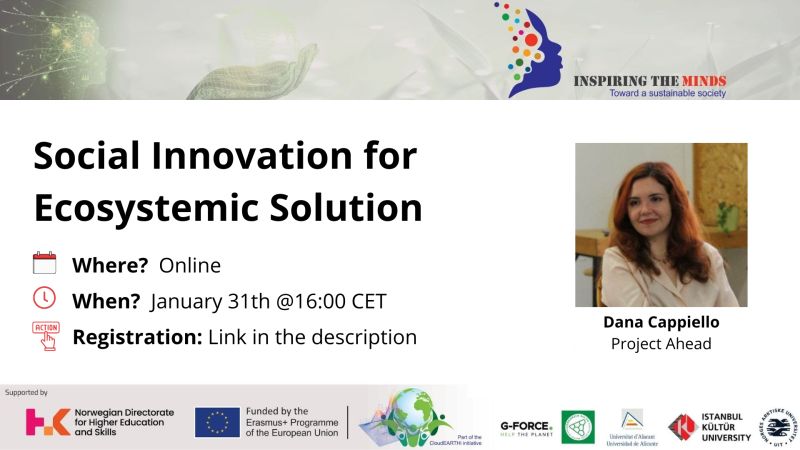
Key Conclusions
- Social innovation thrives in ecosystems: Collaboration across sectors and disciplines is necessary to move beyond fragmented efforts.
- Toolkits must be tested: Many social innovation tools exist, but few are validated in real-world settings.
- One size does not fit all: Tools like system maps and stakeholder personas must be adapted to cultural and geographic contexts.
- CHESS project impact: By running over a dozen workshops across four countries, CHESS created measurable engagement around localized social challenges.
- Hands-on learning: Real-time collaboration (e.g., system mapping during the session) fostered co-learning and insight generation.
Alignment with Inspiring the Minds Goals
This lecture fully supported the goals of the project:
- Inclusivity: The session tackled issues like youth unemployment, refugee integration, and disability inclusion, engaging participants from diverse backgrounds.
- Green Actions: The CHESS project’s Greek pilot addressed climate change and sustainable tech uptake.
- Course Co-Creation: Through live exercises and audience co-design, the event exemplified participatory learning and knowledge sharing.
Take-Home Message
Social innovation is not about reinventing the wheel—it’s about building stronger ecosystems where existing tools are shared, tested, adapted, and scaled. Collaboration, stakeholder inclusion, and real-world testing are the keys to tackling Europe’s most urgent social challenges.
About the Speaker
Dana Cappiello is a project coordinator and social innovation trainer based in southern Italy. At Project Head, she leads initiatives in entrepreneurship education, social inclusion, and third-sector innovation. Dana has extensive experience with Erasmus+ exchanges, capacity-building programs, and tool-based innovation ecosystems.
If you missed the workshop, you can watch the recording and claim an acknowledgement certificate from here
Tags
SocialInnovation #CHESSproject #InclusiveEcosystems #YouthEmployment #RefugeeIntegration #SystemMapping #ErasmusForEntrepreneurs #StakeholderTools #GreenTransition #ParticipatoryLearning #InspiringTheMinds
From soil to sustainability the entrepreneurial journey behind ekolive (Lecture)
📅 Date: 22 January 2025
🎙️ Speaker: Darina Štyriaková (CEO & founder of ekolive)

Lecture Summary
In this compelling session, Dr. Darina Štyriaková shared her transformative journey from mining innovation to regenerative agriculture. As the founder and CEO of ekolive, a biotechnology company initially focused on eco-bioleaching of minerals, Dr. Štyriaková described how a serendipitous discovery turned a mining byproduct into a powerful soil bio-stimulant. Her story showcased how innovation, adaptability, and entrepreneurial resilience can create impactful environmental solutions.
The lecture explored the science behind eco-bioleaching, which uses organic acid-producing bacteria to safely extract minerals. Initially used to purify sand for industrial purposes, this process revealed unexpected benefits for soil regeneration, ultimately leading ekolive to pivot from mining to agriculture. Through collaborations with universities and successful field trials in Europe and Africa, ekolive demonstrated that its products could improve plant yield, reduce dependency on fertilizers and pesticides, and restore microbiological health to degraded soils.
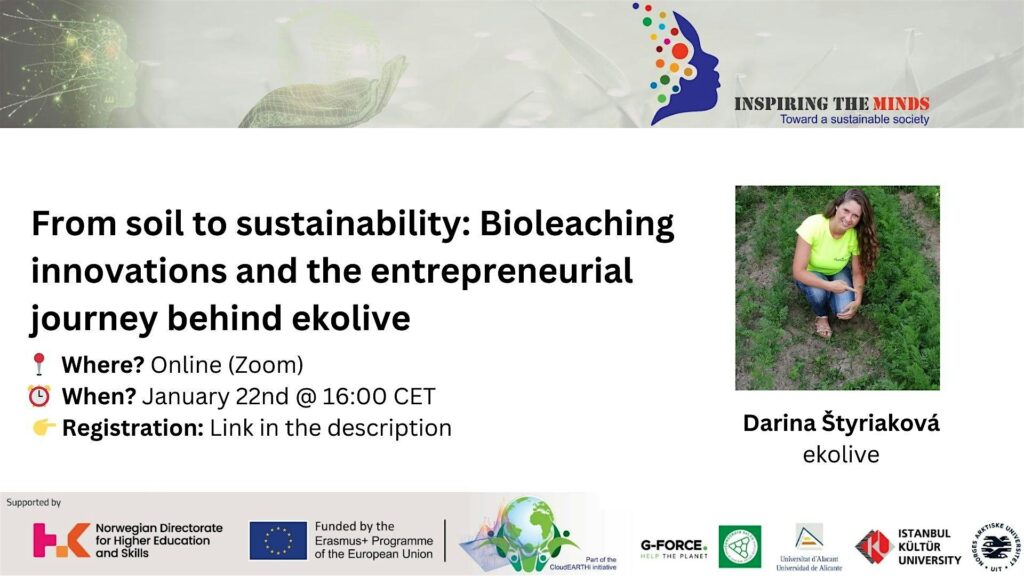
Key Conclusions
- Innovation thrives in transformation: The pivot from mining to agriculture shows the value of staying responsive to environmental needs and societal challenges.
- Eco-bioleaching offers a regenerative alternative to harmful fertilizers and pesticides, reviving soil health and boosting crop yields sustainably.
- Validated through global field trials, ekolive’s products have shown up to 400% yield increases in some regions and enable healthier, more resilient farming practices.
- Entrepreneurial success was driven not only by scientific excellence but by collaboration, cross-sector learning, and adaptive leadership.
- Female leadership matters: Dr. Štyriaková’s story is a powerful example of women leading impactful change in Deep Tech and sustainability.
Alignment with Inspiring the Minds Goals
This lecture fully supported the goals of the project:
- Inclusivity: The lecture emphasized gender representation in entrepreneurship and showcased a female-led sustainability startup.
- Green actions: By offering pesticide-free, soil-regenerating solutions, ekolive directly supports nature-positive agricultural practices.
- Course co-creation: The event served as a platform for students, researchers, and entrepreneurs to learn from and engage with real-world sustainable business models.
Take-Home Message
Scientific breakthroughs are not confined to laboratories—they can drive entrepreneurial ventures that regenerate ecosystems and transform entire industries. Ekolive’s journey illustrates how listening to community feedback, embracing adaptive thinking, and applying biotechnology for good can lead to a sustainable and inclusive future.
If you missed the workshop, you can watch the recording and claim an acknowledgement certificate from here
Tags
Sustainability #Bioleaching #GreenEntrepreneurship #RegenerativeAgriculture #Innovation #FemaleLeadership #CircularEconomy #SoilHealth #PesticideFreeFarming #InspiringTheMinds
How to create a transformative social enterprise: A case study of WomanUp (Lecture)
📅 Date: 15 January 2025
🎙️ Speaker: Natalia Pavlovska (Founder & CEO, WomanUp)

Lecture Summary
On 15 January 2025, Natalia Pavlovska, founder and CEO of WomanUp, delivered a powerful session as part of the Inspiring the Minds lecture series. Drawing on her experience building a transformative social enterprise in Slovakia and the Czech Republic, Natalia shared practical insights on how passion, vision, and strategic clarity can empower communities—particularly women entrepreneurs. WomanUp has supported over 10,000 women through workshops, accelerators, and networking events.
The lecture charted Natalia’s entrepreneurial journey, from organizing the first passion-driven workshop in high school to becoming a Forbes 30 Under 30 honoree. She presented a compelling case study of how WomanUp grew by focusing its mission, prioritizing consistency over perfection, and creating emotionally resonant, detail-rich experiences that inspire action. Participants gained real-world strategies for building social impact organizations—from branding and storytelling to community feedback and sustainable growth models.
Key Conclusions
- Know your audience deeply: WomanUp’s growth accelerated once it narrowed its focus to women in entrepreneurship, aligning programs to their needs.
- Don’t try to do everything: Clear boundaries and delegation allow social enterprises to stay mission-aligned and avoid burnout.
- Authenticity is strategy: Defining three brand values helped WomanUp maintain a consistent tone, visual identity, and communication approach.
- Consistency > Perfection: Showing up regularly builds stronger communities than chasing flawless delivery.
- Details matter: Intentional event design—visuals, storytelling, atmosphere—can amplify impact without requiring large budgets.
- Test assumptions: Some of WomanUp’s most successful initiatives were based on instinct, not surveys—vision also matters.
- Learn from the best: Reach out to high-level mentors, experts, and partners—even if your organization is small or new.
Alignment with Inspiring the Minds Goals
This lecture fully supported the goals of the project:
- Inclusivity & Diversity: WomanUp’s core mission is to empower women in business, especially in Central and Eastern Europe, where gender gaps persist in entrepreneurship.
- Green & Social Action: The lecture emphasized how social enterprises can act as engines for broader societal transformation.
- Course Co-Creation: The session modeled entrepreneurial learning by offering practical tools that students and professionals can directly apply or adapt.
Take-Home Message
Social impact begins with clarity of purpose and the courage to act authentically. Even with limited resources, consistent action, targeted vision, and attention to community needs can lead to exponential impact—especially when women are empowered to lead.
About the speaker
Natalia Pavlovska is the founder and CEO of WomanUp, a non-profit social enterprise dedicated to empowering entrepreneurial women across Slovakia and the Czech Republic. She is a Forbes 30 Under 30 honoree, member of the Sigma Squared Society, and MSc candidate in Entrepreneurship & Innovation. Through WomanUp, she has supported over 10,000 women through education, networking, and accelerator programs, and regularly speaks on the intersection of gender equity and enterprise at European policy and startup events.
If you missed the workshop, you can watch the recording and claim an acknowledgement certificate from here
Tags
SocialEnterprise #Entrepreneurship #GenderEquality #WomenInLeadership #AuthenticBranding #CommunityBuilding #Forbes30Under30 #InnovationEcosystems #TransformativeChange #InspiringTheMinds
Bridging the Gap: Why Technical Skills Aren’t Enough (Lecture)
📅 Date: 12 December 2024
🎙️ Speaker: Laura M. Kassovicova
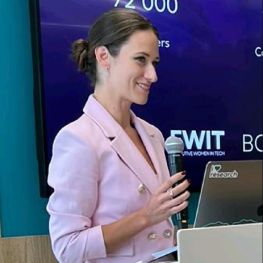
Lecture Summary
In this dynamic lecture, Laura M. Kassovicova explored the crucial soft skills required to thrive at the intersection of business and technology. Drawing from her experience in the alternative energy sector and her leadership role in the Women Tech Network, she challenged the myth that technical expertise alone guarantees success. The session provided a practical guide to developing a business mindset, mastering communication, and building meaningful collaborations.
Participants were encouraged to reflect on how technical professionals can become innovation enablers through adaptability, empathy, and active networking. Using real-life examples and an engaging “color communication” framework, Laura highlighted how understanding diverse communication styles can prevent workplace misunderstandings and improve cross-functional teamwork.
Key Conclusions
- Technical skills are essential but insufficient in fast-paced, cross-disciplinary environments.
- Effective communication, including clarity, empathy, and accessibility, is critical when interacting with non-technical stakeholders.
- A strong business mindset includes setting measurable goals, embracing continuous learning, and aligning personal contribution with organizational strategy.
- Networking is a powerful tool for idea exchange and innovation, especially when approached with curiosity and active listening.
- Understanding communication styles (Red, Blue, Green, Yellow) can help tailor interactions and foster inclusive teams.
Alignment with Inspiring the Minds Goals
This lecture fully supported the goals of the project:
- Inclusivity: Laura emphasized diversity in communication, gender inclusion in leadership, and psychological safety in tech-business collaboration.
- Green Actions: Her background in solar and EV energy solutions illustrates how interdisciplinary teams can accelerate sustainable innovation.
- Course Co-Creation: The session served as a model of soft skills training that complements technical curricula—relevant for educators designing holistic STEAM courses.
Take-Home Message
Success in today’s innovation landscape requires more than just code or data—it demands emotional intelligence, business fluency, and strategic collaboration. Mastering communication and embracing continuous learning turns technical professionals into transformative leaders.
If you missed the workshop, you can watch the recording and claim an acknowledgement certificate from here
Tags
TechAndBusiness #SoftSkills #WomenInTech #Leadership #CommunicationMatters #GreenInnovation #STEAM #CourseCoCreation #DiversityInTech #Networking
How a Group of High Schoolers Started an Award-Winning Green Startup (Workshop)
📅 Date: 6 December 2024
🎙️ Speaker: Lukas Weiszer

Workshop Summary
This interactive workshop chronicled the inspiring journey of Lukas Weiszer and his co-founder Alex Blandon, who transformed a high school Applied Economics class project into Ren—an award-winning ecological startup. Ren’s flagship product, TUČi, a universal solid cleaner, became a symbol of student-led sustainability and entrepreneurship in Slovakia.
Lukas detailed the startup’s evolution from an educational simulation to a registered company, showcasing each step from team formation and product ideation to fundraising, marketing, and navigating COVID-era disruptions. The session provided practical lessons on creativity, persistence, and using limited resources to create real-world impact.
Participants heard how Ren secured national and international recognition, won the JA Green Entrepreneurship Award, and earned an invitation to the Slovak Presidential Palace—culminating in an authentic narrative of resilience and youth empowerment.
Key Conclusions
- Educational programs like Junior Achievement can act as powerful launchpads for real ventures.
- Starting small—with €500 in share capital—can still lead to scalable impact when combined with creativity and drive.
- Passion, teamwork, and adaptability are more critical than perfection in the early stages of a startup.
- Social media and influencer marketing are highly effective, low-cost growth strategies for youth-led enterprises.
- Student ventures can embrace social inclusion by partnering with vulnerable groups (e.g., people with disabilities) in their production chain.
Alignment with Inspiring the Minds Goals
This workshop fully supported the goals of the project:
- Inclusivity: Ren integrated socially inclusive practices by involving differently-abled individuals in their production process.
- Green Action: TUČi directly contributes to sustainable consumption through zero-waste, eco-friendly cleaning alternatives.
- Course Co-Creation: The journey exemplifies how applied entrepreneurship courses can evolve into impactful, student-led green ventures.
Take-Home Message
Don’t wait for perfect conditions to launch your idea. Use every opportunity—courses, competitions, classmates—to turn small steps into systemic change. Starting young, staying curious, and leading with purpose can spark extraordinary impact.
If you missed the workshop, you can watch the recording and claim an acknowledgement certificate from here
Tags
GreenEntrepreneurship #StudentStartup #SustainableInnovation #YouthLedChange #EcoProducts #JuniorAchievement #InclusiveBusiness #CircularEconomy #TUČi #CourseCoCreation
Space Economy: A Crash Course and Opportunities in the Next Big Thing (Lecture)
📅 Date: 13 November 2024
🎙️ Speaker: Igor Zacek, Co-founder of VytahConf and Ecocapsule

Lecture Summary
In this engaging session, Igor Zacek offered a comprehensive crash course on the rising space economy, unpacking its historical evolution, current investment patterns, and transformative potential for sustainability and innovation. As a renowned product innovator and founder of both VytahConf (Central Europe’s space business conference) and Ecocapsule, Zacek drew from personal industry experience to demystify space tech for newcomers.
He traced the trajectory of space exploration from Cold War rivalries to the current surge in privately funded ventures, revealing how dropping costs and new technologies have democratized access to the final frontier. Emphasis was placed on the industrial and climate potential of space innovation—from satellite-based Earth monitoring and communication, to zero-gravity manufacturing and even speculative planetary-scale climate mitigation via solar shielding.
The lecture served as both a primer and an invitation: to enter a fast-moving, capital-intensive, yet increasingly accessible ecosystem where sustainability, entrepreneurship, and interstellar ambition collide.

Key Conclusions
- The space economy is transitioning from state-dominated to privately-led, with over 75% of funding now from private sources.
- Technological advancements—especially in rockets and satellites—have radically decreased launch costs, mirroring the early internet boom.
- Earth observation satellites already enable global climate monitoring, including emissions tracking, fisheries control, and illegal activity detection.
- Zero-gravity manufacturing opens new frontiers in material science, from high-purity fiber optics to tissue engineering.
- Space-based systems can support climate change mitigation, including solar reflectors and renewable energy beaming.
- Access barriers for startups vary: software/data ventures are highly accessible, while hardware deployment remains capital-intensive but not insurmountable.
Alignment with Inspiring the Minds Goals
This lecture significantly advances the goals of the Inspiring the Minds project by:
- Inclusivity: Making space economy concepts accessible to non-specialists and inviting newcomers into the industry.
- Green actions: Showcasing the climate resilience and mitigation potential of space technologies.
- Course co-creation: Fostering cross-sector dialogue on how space-tech intersects with innovation, sustainability, and policy.
Take-Home Message
The space economy is no longer science fiction—it’s a rapidly growing, tech-enabled, and sustainability-relevant sector. As access becomes more democratic and solutions to planetary crises grow urgent, space offers both a vantage point and a toolkit. We are not limited by technology, but by political will. Now is the time to act.
If you missed the workshop, you can watch the recording and claim an acknowledgement certificate from here
Tags
SpaceEconomy #Sustainability #ClimateInnovation #Satellites #ZeroGravityManufacturing #SpaceTech #GreenTransition #InspiringTheMinds
Built By Biology – Unlocking a Future Where Buildings Are Grown (Lecture)
📅 Date: 4 November 2024
🎙️ Speaker: Prantar Tamuli, Founder of Tattva
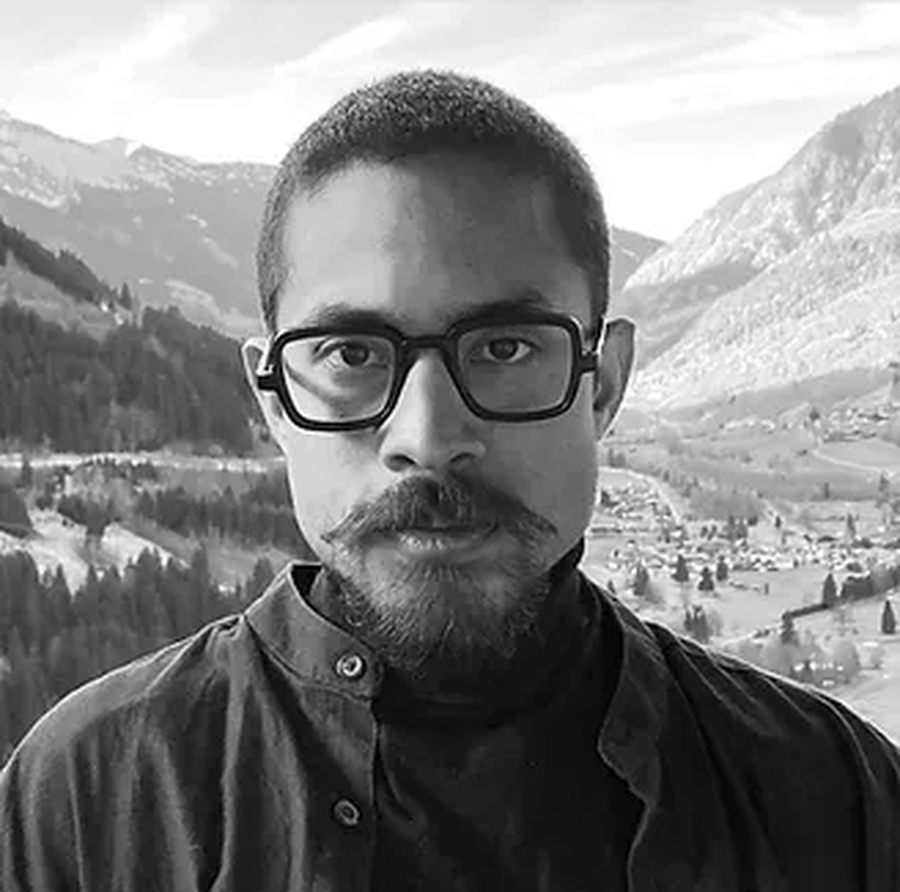
Lecture Summary
In this visionary lecture, Prantar Tamuli—architect, engineer, and founder of the startup Tattva—presented a compelling future where buildings are not constructed, but grown. He introduced the concept of using photosynthetic bacteria and bioengineered living materials to create sustainable, carbon-sequestering building structures. These materials are not only structurally strong but also fire-safe, translucent, and capable of removing atmospheric CO₂.
Drawing from his academic journey at UCL and research dating back to 2019, Tamuli explained how Tattva emerged from synthetic biology and biomaterial science to challenge traditional construction industries. His work harnesses the mineralizing capabilities of cyanobacteria, producing stable, scalable, and living materials that could one day form the basis of future buildings—both on Earth and even on the Moon.
He also shared the startup’s journey from academic research to industrial application, discussing scalability through decentralised bio-manufacturing on farms and potential partnerships with Land Rover, Fosters + Partners, and space agencies.

Key Conclusions
- Bioengineered building materials can transform the construction sector by reducing embodied carbon and improving energy efficiency.
- Photosynthetic bacteria (cyanobacteria) offer a renewable method to grow materials with structural strength and environmental adaptability.
- Living materials present a multi-functional future: self-healing, carbon-negative, and adaptable to climate extremes.
- The solution to the climate crisis in construction may lie in the oldest living organisms on Earth.
- Tattva’s model shows how disruptive innovation can emerge from remote geographies and underrepresented voices.
Alignment with Inspiring the Minds Goals
This lecture advances the goals of the Inspiring the Minds project by:
- Inclusivity: Prantar Tamuli’s journey—from rural Assam to leading a UK-based biotech startup—highlights the power of giving a platform to innovators from underrepresented geographies.
- Green Action: The lecture introduced photosynthetic biomaterials as radical solutions to decarbonize the construction sector and mitigate climate change.
- Co-Creation and Innovation: The session encouraged interdisciplinary thinking, combining architecture, biology, and engineering to inspire transformative pathways in sustainability.
Take-Home Message
Don’t underestimate voices from underrepresented places—world-changing innovations can come from anywhere. The future of architecture may not be built. It may be grown.
About the speaker
Prantar Tamuli is an architect, engineer, and PhD researcher at University College London (UCL). He is the founder of Tattva, a deep-tech startup pioneering photosynthetic biomaterials for sustainable construction. With roots in remote Assam, India, and support from UCL and GeForce, his work has gained international recognition for pushing the frontiers of climate tech and regenerative design.
If you missed the workshop, you can watch the recording and claim an acknowledgement certificate from here
Tags
ClimateTech #SustainableConstruction #DeepTech #InspiringTheMinds #LivingMaterials #Biomaterials #Tattva #CircularEconomy #Entrepreneurship #Inclusivity #CarbonSequestration #BuiltByBiology
Work Integration (Lecture)
📅 Date: 11 October 2024
🎙️ Speaker: Enrica Cappadonna (EU Project Manager, Cooperativa Controvento, Catania)

Lecture Summary
This lecture focused on the transformative work of Cooperativa Controvento, a pioneering social enterprise in Catania, Sicily, committed to the social inclusion and autonomy of individuals with intellectual disabilities. Led by Enrica Cappadonna, EU Project Manager, the session highlighted how the cooperative has, since 2015, helped individuals with Down syndrome and autism spectrum disorders gain independence through comprehensive education and work placement programs.
The lecture outlined Contravento’s unique approach, which rejects traditional welfare models and instead promotes a framework of empowerment. The flagship of their model is the “Servizio di Inserimento Lavorativo” (Work Placement Service), designed to bridge the gap between education and employment. Enrica described a robust, multi-stakeholder ecosystem involving job centers, families, local businesses, and healthcare providers, all coordinated by a workplace mentor who ensures a smooth transition to employment.
Key elements discussed included the importance of professional boundaries, clear communication, and tailored task breakdowns for workers with intellectual disabilities. Real-world examples, like Francesca’s successful placement at McDonald’s, illustrated the power of trust, respect, and ongoing mentorship. Challenges such as stigma, limited resources, and barriers in small business environments were addressed, and comparisons were drawn with other EU countries like Spain. The session concluded with interactive questions inviting participants to reflect on successful inclusion strategies.

Key Conclusions
- Work integration for individuals with intellectual disabilities requires more than job placement—it involves systemic support, cultural change, and person-centered mentorship.
- The role of the workplace mentor is critical in facilitating both task execution and inclusive workplace dynamics.
- Professional respect and adult-to-adult communication are essential to real inclusion, not token participation.
Alignment with Inspiring the Minds Goals
This lecture advances the goals of the Inspiring the Minds project by addressing the following:
- Inclusivity: The session directly advanced inclusion by showcasing hands-on methods to integrate individuals with intellectual disabilities into society and the workforce.
- Green Action: While not directly environmental, the model supports sustainable communities through empowerment and reduced dependency.
- Co-Creation and Innovation: Contravento’s participatory approach engages families, businesses, and institutions in co-developing inclusive employment models.
Take-Home Message
Social inclusion is not a destination but an ongoing journey. With structured mentorship, tailored task support, and multi-stakeholder collaboration, individuals with intellectual disabilities can achieve meaningful autonomy and integration into the workforce.
About the speaker
Enrica Cappadonna is an experienced EU project manager and advocate for disability inclusion. She works with Cooperativa Controvento to implement innovative local and European programs for social empowerment in Sicily.
If you missed the workshop, you can watch the recording and claim an acknowledgement certificate from here
Tags
#Inclusion #WorkIntegration #DisabilityRights #SocialEnterprise #Mentorship #Italy #InspiringTheMinds
The Method of Policoro Project: Community Engagement, Talent Scouting and Growth of Hopefulness (Lecture)
📅 Date: 2 July 2024
🎙️Speaker: Mariachiara Papa – Community Maker, Diocese of Catania, Policoro Project

Lecture Summary
Mariachiara shared her inspiring experience as a community maker within the Policoro Project, an initiative launched by the Italian Episcopal Conference in 1995 to address youth unemployment and promote entrepreneurship—initially in Southern Italy and now nationwide.
Her talk outlined the project’s three methodological pillars:
- Community Engagement – Building trust, creating networks, and fostering collaboration with transparency, honesty, and shared purpose.
- Talent Scouting – Identifying potential entrepreneurs through soft skills, hard skills, and motivation, often before individuals recognise their own capabilities.
- Fostering Hopefulness – Inspiring resilience, optimism, and collective purpose, seen as the most important driver of sustainable community transformation.
Maria highlighted how the Policoro Project offers training, mentorship, and microcredit, working closely with schools, universities, local businesses, and NGOs. She emphasised the role of “concrete gestures” such as the creation of cooperatives, associations, and microcredit-supported ventures like the Laboratory of Hope Foundation in Cefalù.
The lecture also discussed the challenges of limited resources, educational gaps, gender barriers, and cultural obstacles, especially in high school dropout contexts like Catania, where 25% of youth leave school early.
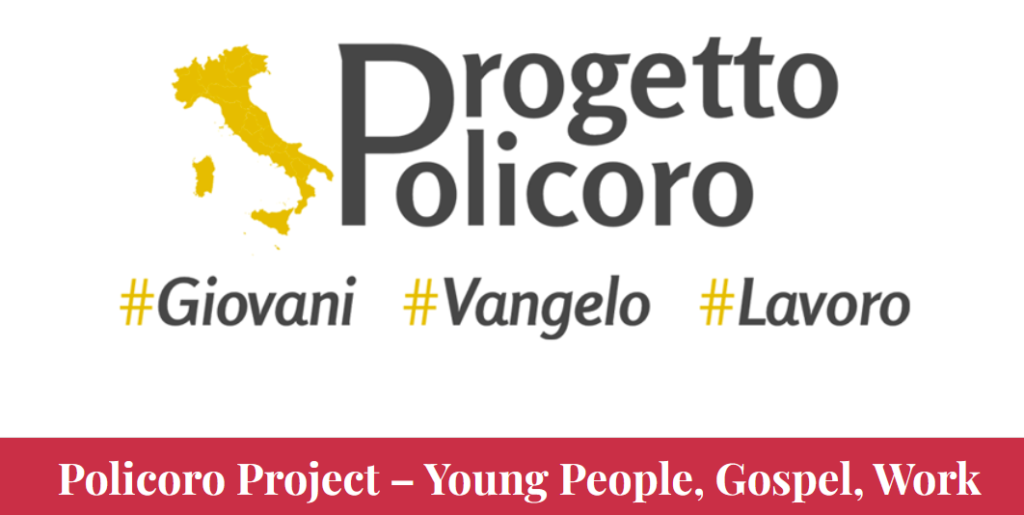
Key Conclusions
- Sustainable job creation comes from investing in the “hearts and minds” of people, not quick-fix solutions.
- Community makers act as catalysts for economic resilience, local pride, and social inclusion.
- Microcredit and mentorship empower disadvantaged individuals to turn ideas into viable businesses.
- Hopefulness fosters long-term engagement, innovation, and solidarity beyond immediate economic outcomes.
Alignment with Inspiring the Minds Goals
This lecture advances the goals of the Inspiring the Minds project by addressing the following:
- Inclusivity – Targeting marginalised communities, addressing gender barriers, and creating equal opportunities through entrepreneurship and education.
- Green Actions – Encouraging use of local resources, sustainable production (e.g., olive oil from reclaimed land), and circular economy practices.
- Course Co-Creation – Delivering tailored training and mentorship based on community needs, integrating stakeholder expertise into capacity building.
Take-Home Message
Empowering communities is not just about economic support—it is about nurturing trust, recognising hidden talent, and sustaining hope. By fostering dignity, collaboration, and opportunity, initiatives like the Policoro Project can transform local realities and inspire resilience for future generations.
If you missed the workshop, you can watch the recording and claim an acknowledgement certificate from here
Tags
CommunityEngagement #YouthEmployment #SocialInnovation #Microcredit #TalentDevelopment #InclusiveEntrepreneurship #CircularEconomy #CapacityBuilding #InspiringTheMinds #PolicoroProject
Empowering Talent and Career Choices: Effective Coaching Practices for High School and University Students (Lecture)
📅 Date: 26 June 2024
🎙️Speaker: Palmina La Rosa
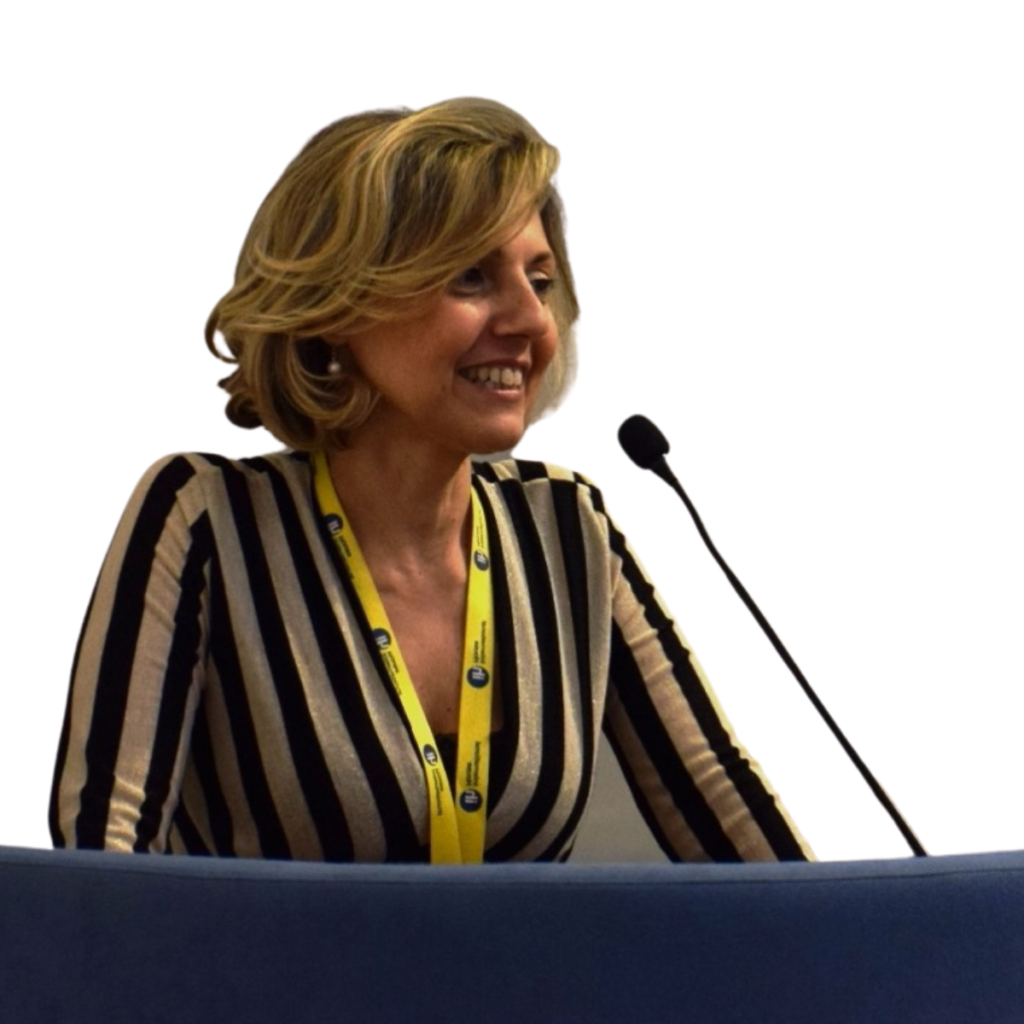
Lecture Summary
This lecture, delivered by Palmina La Rosa, showcased how targeted coaching interventions can transform students’ self-awareness, decision-making, and career readiness. Drawing from 25 years in education and leadership training, Palmina shared two best practices from Italy. The first was a three-year coaching programme for high school students in Turin, focusing on self-discovery, soft skills assessment, and actionable career planning. The second involved coaching university students in Catania on communication skills, including public speaking, active listening, elevator pitches, and non-verbal communication. Both cases demonstrated how coaching, when integrated into education, empowers learners to take ownership of their growth and align their academic and professional goals with their strengths.

Key Conclusions
- Coaching in education shifts the focus from content delivery to student-led discovery, increasing engagement and ownership of learning.
- Structured self-assessment and goal-setting activities prepare students for realistic and strategic career planning.
- Communication training—both verbal and non-verbal—is essential for academic success, employability, and building positive professional relationships.
Alignment with Inspiring the Minds Goals
This lecture advances the goals of the Inspiring the Minds project by addressing the following:
- Inclusivity: Promoted equitable student development by addressing individual strengths, needs, and aspirations.
- Green Actions: Encouraged sustainable personal growth through long-term skill-building rather than short-term results.
- Course Co-Creation: Involved students as active participants in shaping their learning and career pathways.
Take-Home Message
Integrating coaching into both high school and university education equips students with the clarity, confidence, and communication skills needed to turn their ambitions into actionable, realistic plans. By focusing on strengths and fostering self-awareness early, educators can guide students toward more purposeful and fulfilling career choices.
About the speaker
Palmina La Rosa (Founder of CTD | Coaching Training Development and Founder/Director of GIGA International House – Catania). With 25 years in training and education, she founded Giga International House in 1997 and, in 2021, CTD – Coaching Training and Development, a division of Giga IH focused on equipping language teachers with coaching techniques for 21st-century skills. A qualified coach approved by the International Coaching Federation (ICF) since 2018, she has invested extensively in personal and professional growth, including completing the High Impact Leadership course at the University of Cambridge in 2020 and qualifying as a Team Coaching Specialist from Brown University in 2021. Her leadership roles include serving as Chief Operating Officer and President of AISLi, where Palmina currently oversee Inspections and Accreditation. In 2024, she launched the Future Skills Agency project with AISLi and Cambridge, promoting soft skills integration in education.
If you missed the workshop, you can watch the recording and claim an acknowledgement certificate from here
Tags
#CoachingInEducation #CareerDevelopment #SoftSkills #ActiveLearning #PublicSpeaking #GoalSetting #StudentEmpowerment #SelfDiscovery #InspiringTheMinds #CommunicationSkills
How Community Listening Can Help to Move Toward Urban Just Transitions – Reflections from an Ongoing Experience in Canada (Lecture)
📅 Date: 5 December 2023
🎙️Speaker: Dr. Elisa Privitera (University of Toronto Scarborough)

Lecture Summary
Dr. Elisa Privitera, a postdoctoral researcher in the Urban Just Transitions Cluster at the University of Toronto Scarborough, presented her work on the Listening Project—a community-based research initiative designed to understand how climate action intersects with everyday concerns and equity priorities. She framed the lecture by unpacking the concept of Just Urban Transitions, merging climate action with social and environmental justice at the urban scale.
Her talk detailed how participatory action research methods—particularly community listening—were applied in Scarborough, Canada, through collaborations with local partners such as Roots to Bloom, Carbrite, United Way, and the Malvern Family Resource Centre. Using creative and interactive engagement tools (community mapping, art-based activities, scenario workshops), the team gathered community perspectives on neighborhood identity, climate change impacts, and visions for a fairer future.
A case study from the Malvern Farmers Market illustrated how listening sessions generated rich qualitative data on food justice, urban inequalities, and climate resilience. These activities not only surfaced critical insights but also built trust, fostered mutual learning, and strengthened bonds between researchers and residents.
.

Key Conclusions
- Community listening creates inclusive spaces for co-producing knowledge between researchers and residents.
- Linking climate change discussions to people’s daily lives makes abstract challenges more tangible and relatable.
- Participatory methods can act as catalysts for mutual learning, empowerment, and long-term community partnerships.
Alignment with Inspiring the Minds Goals
This lecture advances the goals of the Inspiring the Minds project by addressing the following:
- Inclusivity: Empowered underrepresented voices by involving diverse Scarborough communities in climate action planning.
- Green Actions: Connected urban climate resilience strategies with sustainable food systems and low-carbon futures.
- Course Co-creation: Demonstrated participatory research approaches that can be embedded in academic curricula and training.
Take-Home Message
Lasting urban climate solutions must be co-designed with communities, rooted in lived experiences, and attentive to both environmental and social justice. Listening is not a preliminary step—it is the foundation of transformation.
About the speaker
Dr. Elisa Privitera is a postdoctoral researcher in the Urban Just Transitions Cluster at the University of Toronto Scarborough and a co-founder of Traport, a cooperative based in Catania, Sicily, focused on inclusive urban transformation. She has worked internationally in Italy, Sweden, and California, specialising in participatory urban planning, environmental justice, and community engagement.
If you missed the workshop, you can watch the recording and claim an acknowledgement certificate from here
Tags
UrbanJustTransitions #CommunityEngagement #ClimateAction #EnvironmentalJustice #ParticipatoryResearch #InspiringTheMinds #GreenActions #Inclusivity #CoCreation
Soft Skills for Social Entrepreneurs in a Changing World (Lecture)
📅 Date: 27 November 2023
🎙️Speaker: Sapienza Domenica

Lecture Summary
Sapienza Domenica delivered an engaging and highly interactive session exploring the importance of soft skills in the context of social entrepreneurship. Speaking from her experience as Vice President of a cooperative in Sicily focused on job placement and career guidance for vulnerable youth, she introduced participants to both the concept of social entrepreneurship and the evolving skillsets required to succeed in a rapidly changing world.
The lecture began by defining social entrepreneurship as an endeavour combining a social mission with sustainable economic activity, where profits are reinvested to create positive societal impact. Domenica explained the ongoing debate about for-profit vs. non-profit models, noting that in Italy, social enterprises are legally non-profit but must generate income to sustain their mission. Historical examples such as Robert Owen and Florence Nightingale illustrated that the roots of social entrepreneurship predate the modern term, while contemporary figures like Muhammad Yunus (Grameen Bank) and Blake Mycoskie (TOMS Shoes) demonstrated innovative models for combining business with social impact.
She contextualised social entrepreneurship within broader global changes, including the rise of the Sustainable Development Goals (SDGs), the ESG framework, and increased public interest in sustainability. Participants were invited to reflect on examples they admired, discuss challenges in measuring social impact, and explore how societal changes influence entrepreneurial approaches.
The second part of the lecture focused on soft skills essential for social entrepreneurs: vision, creativity, problem-solving, time management, team building, leadership, empathy, flexibility, conflict resolution, analytical thinking, critical thinking, and self-motivation. Domenica emphasised that while hard skills are important, it is these human-centric abilities that enable entrepreneurs to lead effectively, adapt to change, and inspire others toward a shared mission. Interactive elements, including polls and open chat discussions, encouraged participants to identify the most critical soft skills in their view.
.
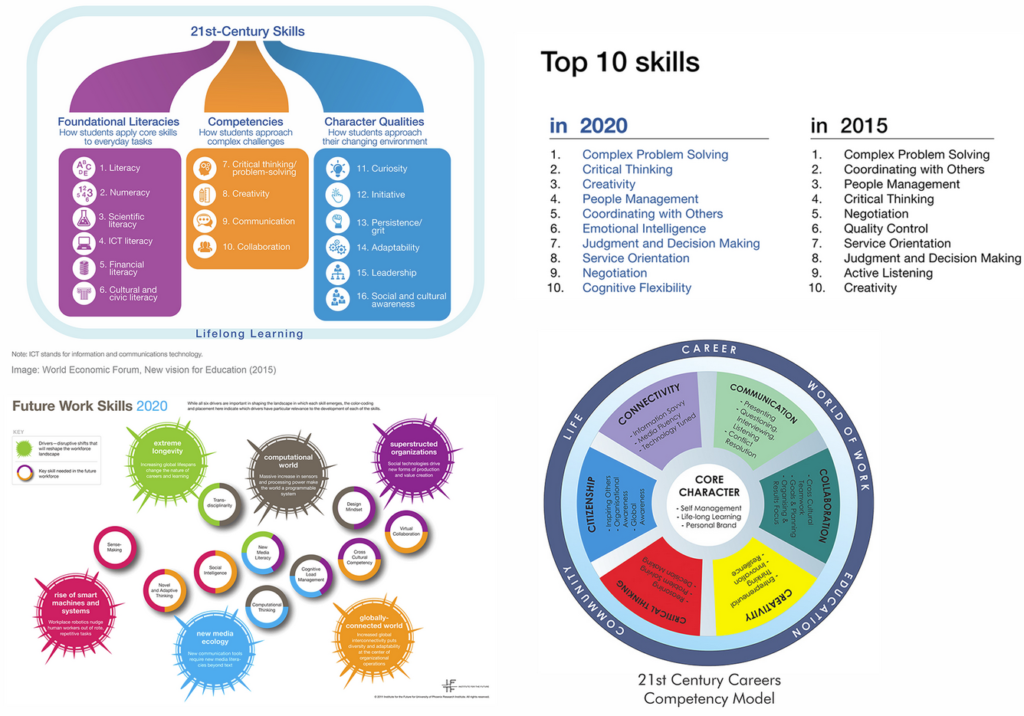
Key Conclusions
- Social entrepreneurship must balance economic sustainability with a clear social mission, reinvesting profits for long-term impact.
- Soft skills—particularly vision, empathy, and team-building—are critical drivers of success in socially oriented ventures.
- The global shift toward sustainability and social responsibility is creating more opportunities for socially driven enterprises to thrive.
Alignment with Inspiring the Minds Goals
This lecture advances the goals of the Inspiring the Minds project by addressing the following:
- Inclusivity: Showcased how social entrepreneurship can empower vulnerable groups by creating tailored employment and skill-building opportunities.
- Green Actions: Linked the entrepreneurial mission to the SDGs, promoting sustainability as a core driver of social enterprise impact.
- Course Co-creation: Provided a transferable framework of soft skills that can be embedded into training modules for future social entrepreneurs.
Take-Home Message
Success in social entrepreneurship is not just about a strong business plan—it is about the ability to lead with empathy, adapt to a changing world, and inspire others through a clear vision and shared purpose.
About the speaker
Sapienza Domenica is Vice President of a cooperative in Sicily dedicated to job placement and career guidance for vulnerable youth, operating within the Salesian congregation. With over three decades of history, the cooperative works to empower individuals facing barriers to employment, providing pathways toward positive social and economic change.
If you missed the workshop, you can watch the recording and claim an acknowledgement certificate from here
Tags
SoftSkills #SocialEntrepreneurship #Sustainability #Leadership #Empathy #Vision #TeamBuilding #InspiringTheMinds #YouthEmpowerment #SDGs #SocialImpact
Risk and Opportunities of ESGs: Navigating the Challenges and Benefits of Sustainable Investing (Lecture)
📅 Date: 10 October 2023
🎙️Speaker: Katarina Suchova – G-Force
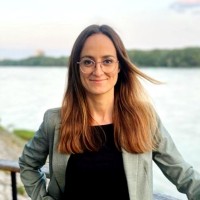
Lecture Summary
This lecture examined the fast-growing field of Environmental, Social, and Governance (ESG) investing, outlining both its potential benefits and inherent challenges. Katarina Suchova began by defining ESG investing and highlighting its increasing relevance in modern financial markets, particularly as investors seek to align portfolios with sustainability values and global responsibility. She discussed how ESG factors — such as climate action, social equity, and strong corporate governance — influence investment decisions and shape corporate strategies.
The session addressed the complexity of assessing ESG performance due to the lack of standardized reporting and the prevalence of greenwashing, where companies overstate their sustainability credentials. Ms. Suchova explored the risks ESG-focused investors face, including reputational, regulatory, and operational risks, as well as the opportunity for long-term value creation through responsible investing. Case studies illustrated both successful ESG investments and examples where poor ESG performance led to significant challenges. The lecture concluded with an interactive Q&A, allowing participants to discuss practical approaches to evaluating ESG opportunities and avoiding common pitfalls.
.
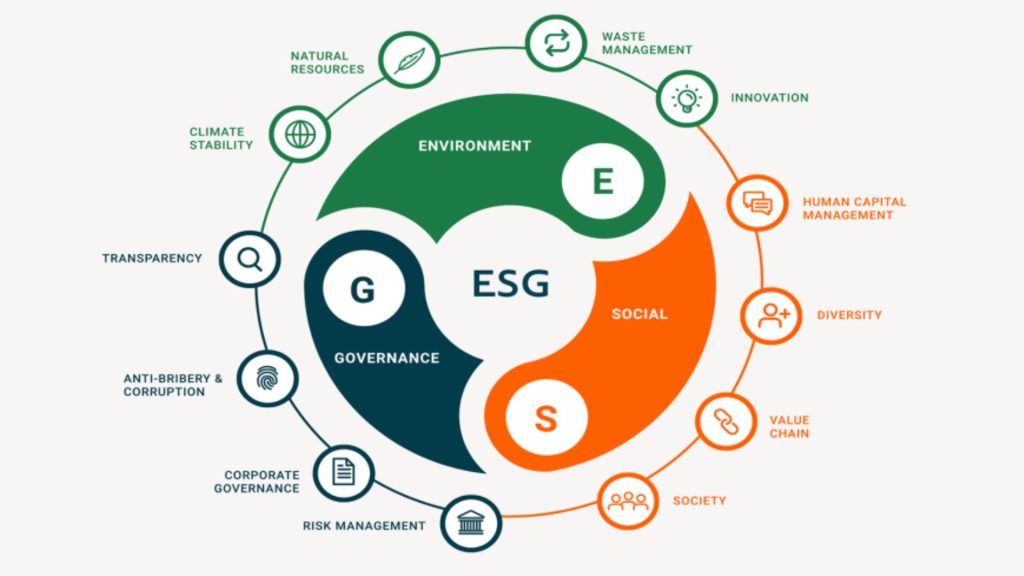
Key Conclusions
- ESG investing is a powerful tool for aligning financial returns with societal and environmental impact, but it requires rigorous due diligence.
- The absence of universal ESG reporting standards and the risk of greenwashing remain major challenges.
- Strong ESG practices can mitigate key business risks and create pathways for sustainable long-term growth.
Alignment with Inspiring the Minds Goals
This lecture advances the goals of the Inspiring the Minds project by addressing the following:
- Inclusivity: Promoted consideration of social equity and corporate responsibility in investment decisions.
- Green Actions: Highlighted the role of ESG investing in driving climate-friendly and sustainable corporate practices.
- Course Co-Creation: Provided students with actionable frameworks and case-based insights to evaluate sustainability in finance.
Take-Home Message
ESG investing offers significant opportunities for positive impact and financial returns, but only when approached with critical analysis, reliable data, and a clear understanding of both risks and benefits.
Recording
Some audience members requested not to record the session. To respect their privacy, the recording is not available.
Tags
#ESG #SustainableInvesting #GreenFinance #CorporateGovernance #SocialEquity #ClimateFinance #Greenwashing #RiskManagement #ResponsibleInvestment #ImpactInvesting
The new frontiers of professional development education for youngers and women (Lecture)
📅 Date: 29 September 2023
🎙️Speaker: CAMILLA FORTUNATI Mentoring Expert | Business Development Manager, Ortygia Business School Foundation | Bocconi University
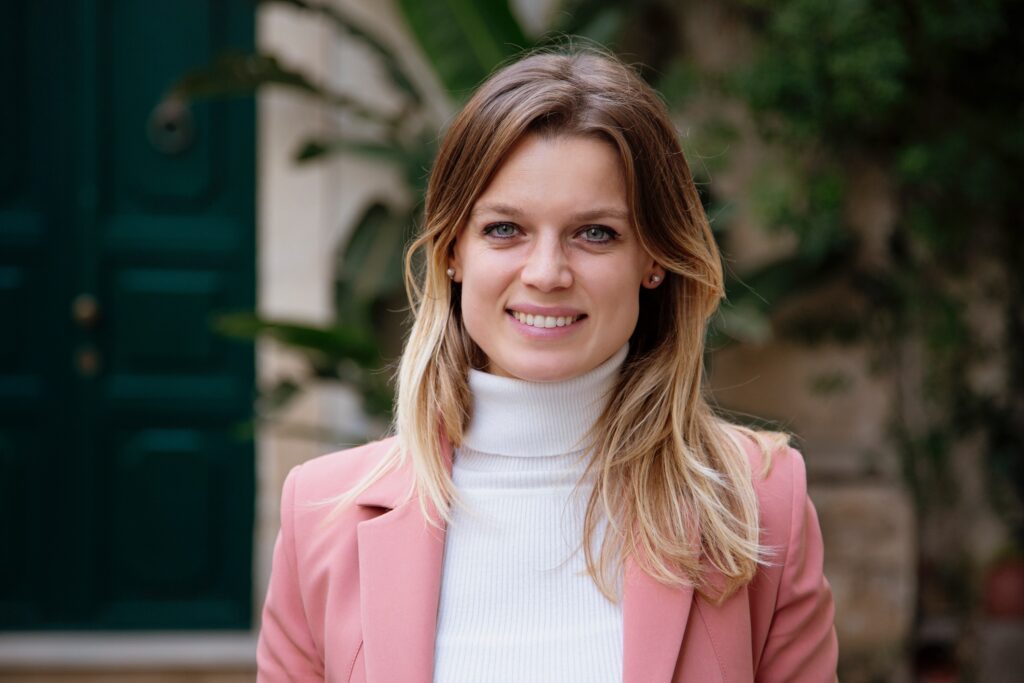
Lecture Summary
In this lecture, Camilla Fortunati explored the transformative power of mentoring as a tool for professional development, particularly for women and young people. Drawing on her extensive experience in designing and managing mentoring programmes across Italy, she presented real-world examples such as the Young Women Empowerment Programme for female STEM students and My Future Buddy for high school students in Southern Italy. She described mentoring as a voluntary, trust-based partnership where mentors share experiences and skills to guide mentees in achieving their goals.
Camilla emphasised that mentoring fosters self-awareness, confidence, and ambition while bridging generational divides and promoting role model culture. Through case studies and programme results, she demonstrated the measurable impact of mentoring on employability, career clarity, and personal growth. The interactive component encouraged participants to brainstorm how mentoring could be applied in their own organisations or personal careers. The lecture also addressed broader issues such as gender gaps in STEM fields, unconscious bias in recruitment and investment, and the structural barriers affecting women’s career progression.
.
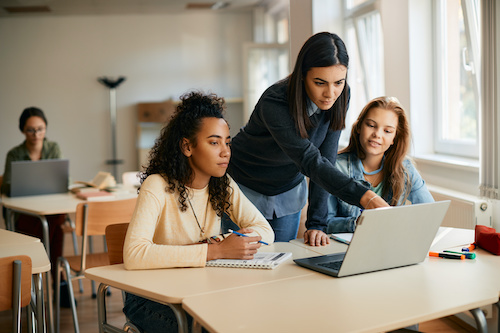
Key Conclusions
- Mentoring is a highly effective tool for building skills, confidence, and networks for women and young people.
- Gender gaps persist in STEM fields and professional advancement due to systemic bias, unequal pay, and work-life balance challenges.
- Cross-gender mentoring and male allyship can play a vital role in addressing unconscious bias and promoting inclusion.
Alignment with Inspiring the Minds Goals
This lecture advances the goals of the Inspiring the Minds project by addressing the following:
- Inclusivity: Directly supports the inclusion of underrepresented groups, particularly women in STEM and young professionals from disadvantaged regions.
- Green Actions: Encourages sustainable professional development by fostering long-term skills and leadership capacity in emerging fields.
- Course Co-Creation: Promotes participant-led learning through brainstorming and interactive discussions, allowing adaptation of mentoring concepts to local needs.
Take-Home Message
Mentoring is more than skill transfer—it’s a powerful catalyst for inclusion, empowerment, and sustainable career development. By creating trusted relationships and breaking down systemic barriers, it can reshape opportunities for women, young people, and other underrepresented groups.
About the speaker
Camilla Fortunati has been working in executive education since 2015 and currently serves as Business Development Manager at Ortygia Business School, a hub for human capital development founded by economist Lucrezia Reichlin. She has nearly a decade of experience designing and managing mentoring programmes for women’s empowerment, vocational guidance, and young professional development. Her academic background combines quantitative methods from a Master’s in Economic and Social Sciences at Bocconi University with a humanistic foundation including anthropology, human rights, and social entrepreneurship.
If you missed the workshop, you can watch the recording and claim an acknowledgement certificate from here
Tags
#InspiringTheMinds #Mentoring #WomenInSTEM #ProfessionalDevelopment #Inclusivity #Diversity #YouthEmpowerment #CareerGrowth #RoleModels #WorkLifeBalance
The Twin Transitions: green and digital transformations between economic challenges and labor conflicts (Lecture)
📅 Date: 15 September 2023
🎙️Speaker: Davide Arcidiacono – Associate Professor, University of Catania
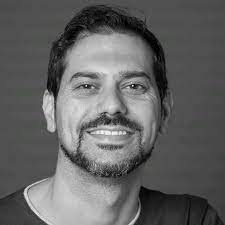
Lecture Summary
This lecture examined the complex interplay between the green transition and the digital transition, often referred to as the twin transitions. While these processes are frequently presented as complementary — with shared goals such as resource efficiency, dematerialization, and a shift toward the circular economy — Prof. Arcidiacono highlighted that they can also be in tension.
Drawing from economic sociology, he discussed the conceptual difference between transformation (a bottom-up process driven by social practices and values) and transition (a top-down, policy-driven process). He also introduced the concept of just transition, originally developed by trade unions and social movements, to address the social justice implications of sustainability transitions, particularly the risks of job losses in sectors affected by green or digital policies.
The lecture explored how digital tools can accelerate green objectives (e.g., blockchain for product traceability, platforms enabling sharing economies), but also how they can exacerbate inequalities, contribute to rebound effects, and intensify market concentration in favor of large corporations. Case studies such as Tesla and European policy frameworks (Industry 5.0, eco-innovation scoreboards) illustrated both synergies and frictions between the two transitions.
.
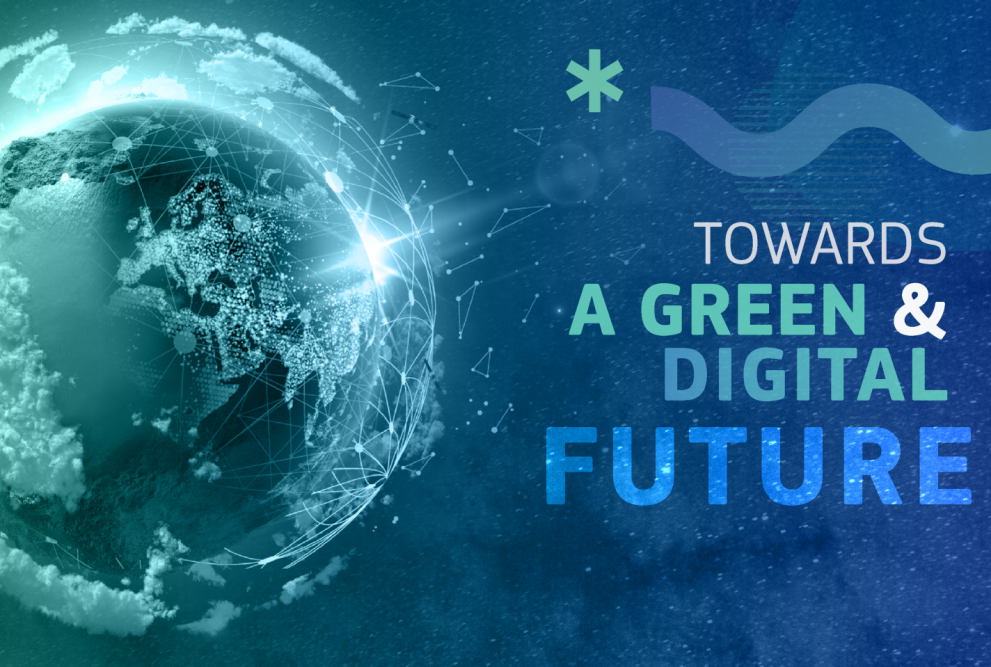
Key Conclusions
- The twin transitions should be addressed with an awareness of both their complementarity and their potential conflicts.
- A just transition framework is essential to ensure that environmental and technological shifts also advance social inclusion and equity.
- Digitalisation is not inherently “green” — it can generate significant environmental costs and social inequalities if not managed responsibly.
Alignment with Inspiring the Minds Goals
This lecture advances the goals of the Inspiring the Minds project by addressing the following:
- Inclusivity: Addressed risks of job losses, social inequality, and global North–South imbalances, highlighting the need for social dialogue and equity in transition policies.
- Green Actions: Connected digital technologies with environmental goals such as circular economy, resource efficiency, and eco-innovation.
- Course Co-Creation: Provided a critical, interdisciplinary framework useful for integrating socio-economic analysis into sustainability education.
Take-Home Message
The green and digital transitions are not automatically aligned. Without policies that integrate social justice, environmental responsibility, and economic resilience, the twin transitions risk reproducing existing inequalities rather than resolving them.
About the speaker
Prof. Davide Arcidiacono is an economic sociologist at the University of Catania’s Department of Political and Social Sciences. His research focuses on digital transformation, social innovation, economic regulation, and job transitions. He is a member of several editorial boards, including Review of European Studies, Athens Journal of Social Science, Consumatori, Rights and Market, POLIS, and Frontiers in Sociology.
If you missed the workshop, you can watch the recording and claim an acknowledgement certificate from here
Tags
#TwinTransition #JustTransition #CircularEconomy #DigitalTransformation #GreenTransition #EcoInnovation #SocialInclusion #Inequality #Industry5_0 #SustainabilityPolicy
From Side Hustle at University to Startup: How One Student Turned an Idea into a Thriving Business (Lecture)
📅 Date: 15 September 2023
🎙️Speaker: Aly Shebl – AccessEARTH
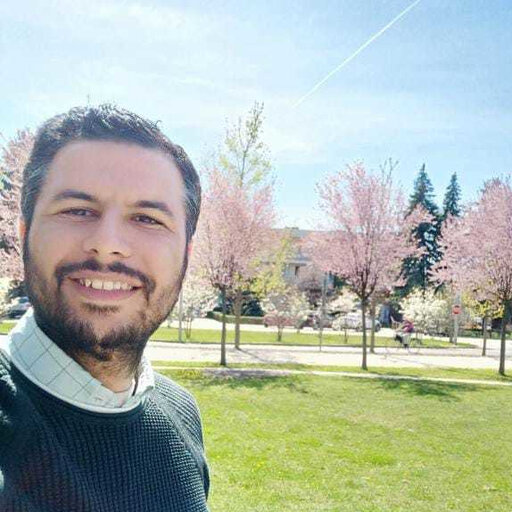
Lecture Summary
This inspiring guest lecture shared the journey of a university student who transformed a side hustle into a successful startup. The session explored the entrepreneurial mindset, from identifying and validating a business idea to navigating the challenges of starting a company while studying. Attendees gained insights into the skills, resilience, and adaptability required to thrive in the competitive startup world.
The speaker provided a candid look at both the struggles and the rewards of entrepreneurship, offering actionable strategies for managing time, securing resources, and balancing academic commitments with business growth. The session concluded with an engaging Q&A, allowing participants to delve deeper into the practical realities of building a business from the ground up.
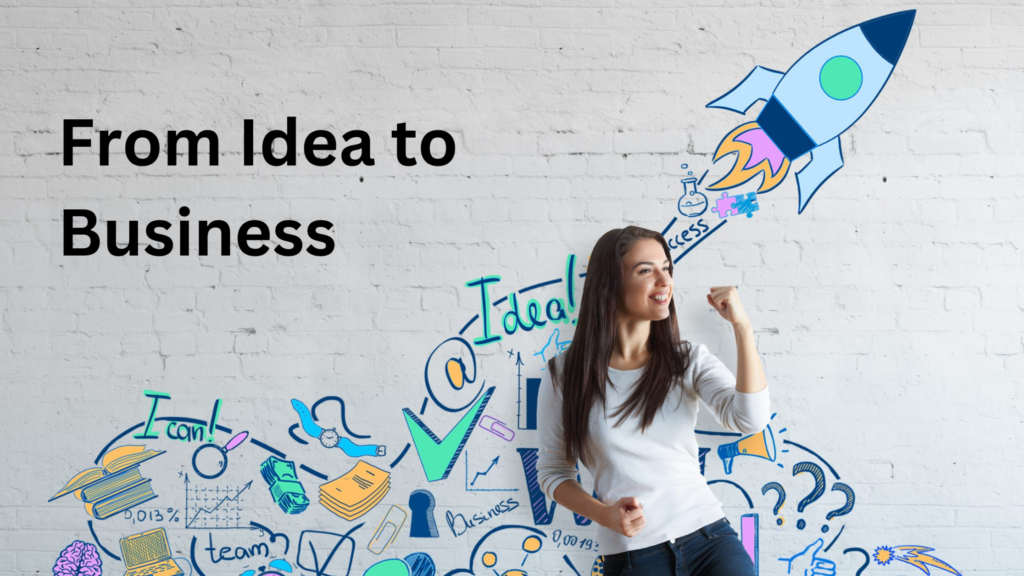
Key Conclusions
- Identifying and validating a business idea is a critical first step for entrepreneurs.
- Starting a business while studying requires exceptional time management and resilience.
- Common challenges—such as funding, market access, and balancing commitments—can be overcome with planning and support.
- Entrepreneurial success depends on adaptability, persistence, and leveraging available networks and resources.
Alignment with Inspiring the Minds Goals
This lecture advances the goals of the Inspiring the Minds project by addressing the following:
- Inclusivity: Showcased that entrepreneurship is accessible to students from all backgrounds, encouraging participation regardless of academic discipline or prior business experience.
- Green Actions: Highlighted opportunities for sustainable business models, encouraging students to integrate environmental responsibility into their ventures.
- Course Co-creation: Provided a platform for students to engage with a peer entrepreneur, fostering interactive discussion and practical learning that can inform future curriculum development.
Take-Home Message
Starting a business during university is challenging but achievable. With a clear idea, determination, and the right strategies, students can transform their passions into thriving enterprises.
Recording
Some audience members requested not to record the session. To respect their privacy, the recording is not available.
Tags
#Entrepreneurship #Startup #StudentInnovation #BusinessGrowth #SideHustleSuccess #InspiringTheMinds
Energy transition and social change (Lecture)
📅 Date: 28 June 2023
🎙️Speaker: Dario Minervini
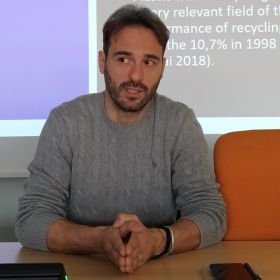
Lecture Summary
In this thought-provoking lecture, Prof. Dario Minervini examined the energy transition from a sociological perspective, challenging the notion that technological advancement alone is sufficient to achieve a sustainable future. While energy debates often focus on technical solutions, Prof. Minervini emphasized that transitions are complex socio-technical processes shaped by cultural values, trust, governance, and local contexts.
He argued for a shift from a transfer model—replicating “best practices” across contexts—to a translation approach that adapts energy solutions to the specific cultural, social, and material realities of each community. Drawing on research into Italian energy cooperatives and the peaceful transition of the small municipality of Sasso di Castalda, he demonstrated how local trust networks, polycentric governance, and the integration of diverse actors (human and non-human) can enable conflict-free adoption of renewable energy.
Case studies illustrated contrasting cooperative models—one economically driven, the other socially oriented—and revealed the importance of aligning economic incentives with community values. The lecture concluded by highlighting the role of energy communities as socio-technical assemblages that perform and shape the energy transition in ways that are deeply embedded in place-based realities.

Key Conclusions
- Energy transition is not only a technological challenge but a socio-cultural process requiring trust, inclusivity, and context-specific solutions.
- The “translation” approach ensures that sustainability practices are adapted to local realities rather than imposed as generic models.
- Peaceful transitions are possible when local governance, cultural values, and technical solutions are aligned.
- Energy cooperatives can take many forms, and their success depends on matching economic, environmental, and social goals with local contexts.
Alignment with Inspiring the Minds Goals
This lecture advances the goals of the Inspiring the Minds project by addressing the following:
- Inclusivity: Highlighted the role of local communities in shaping equitable transitions that consider the needs of all societal groups, including those impacted by the shift away from unsustainable industries.
- Green Actions: Showcased renewable energy cooperatives and municipal projects that integrate environmental sustainability with social benefits.
- Course Co-creation: Offered case-based insights and conceptual frameworks that can inform interdisciplinary teaching on sustainability and socio-technical change.
Take-Home Message
Sustainable energy transition requires more than deploying technology—it must be socially negotiated, culturally meaningful, and adapted to local contexts. The path forward lies in translating solutions, not merely transferring them.
If you missed the workshop, you can watch the recording and claim an acknowledgement certificate from here
Tags
#EnergyTransition #SocialChange #Sociology #RenewableEnergy #EnergyCommunities #Sustainability #InspiringTheMinds
Eco-Social Transformation Between Environment and People (Lecture)
📅 Date: 22 June 2023
🎙️Speaker: Prof. Francesca Forno
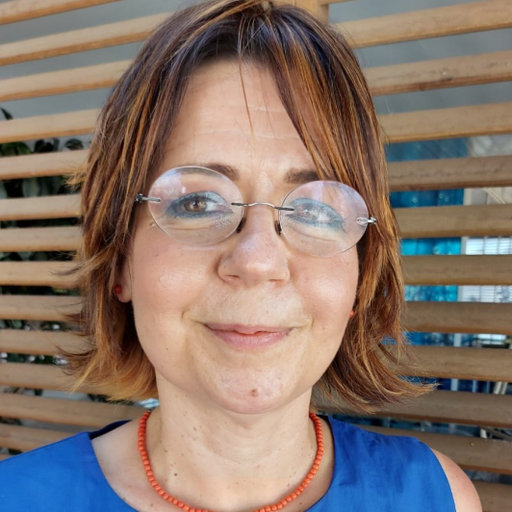
Lecture Summary
Prof. Francesca Forno explored the intersections between environmental sustainability, social justice, and citizen engagement through the lens of political consumerism and alternative food networks. Drawing on over two decades of research, she presented how consumption choices can serve as political acts, complementing traditional activism. Using food systems as a case study, she argued that current production and consumption patterns drive environmental degradation, inequality, and waste, and that meaningful change requires both local political engagement and participatory economic models.
Her research highlights alternative food networks—including farmers’ markets, solidarity purchasing groups, and community-supported agriculture—as “living laboratories” where citizens and producers collaborate to create more sustainable, equitable, and locally embedded systems. While these networks can foster education, reskilling, and cultural change, Prof. Forno also acknowledged their limitations, such as elitism, niche confinement, and vulnerability to market co-optation. She proposed scaling these initiatives “deep, out, up, and through,” especially by leveraging institutions such as municipalities and workplaces to embed sustainable practices more widely.
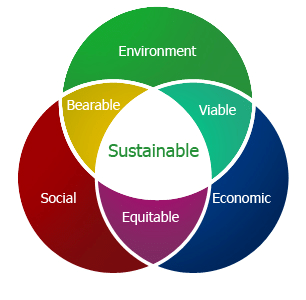
Key Conclusions
- Political consumerism can meaningfully complement traditional forms of activism by reshaping market demand and production systems.
- Alternative food networks serve as experimental spaces for socio-ecological innovation but need integration into broader political and institutional frameworks to avoid elitism and marginalization.
- Transformative change requires participation at multiple scales—local, institutional, and societal—emphasizing the role of municipalities and public policy in enabling systemic shifts.
- Sustainability cannot be achieved without citizen participation; active involvement is central to both environmental and social resilience.
Alignment with Inspiring the Minds Goals
This lecture advances the goals of the Inspiring the Minds project by addressing the following:
- Green Skills & Sustainability: Demonstrated how sustainable consumption models address environmental degradation and food system inefficiencies.
- Inclusivity & Diversity: Highlighted challenges of accessibility and equity in sustainable food networks, with strategies to broaden participation beyond privileged groups.
- Course Co-creation & Knowledge Sharing: Presented community-based learning and co-production of solutions between citizens, producers, and institutions.
Take-Home Message
Sustainable futures depend on rethinking the relationship between environment and society—transforming consumption from a passive act into an active, political, and collaborative process that strengthens both ecosystems and communities.
If you missed the workshop, you can watch the recording and claim an acknowledgement certificate from here
Tags
#Sustainability #PoliticalConsumerism #AlternativeFoodNetworks #GreenSkills #CitizenEngagement #FoodSystems #EcoSocialTransformation #InspiringTheMinds
Diversity and Inclusion in Organizational Processes (Workshop – part II)
📅 Date: 19 June 2023
🎙️Speaker: Alexandra Baldwin
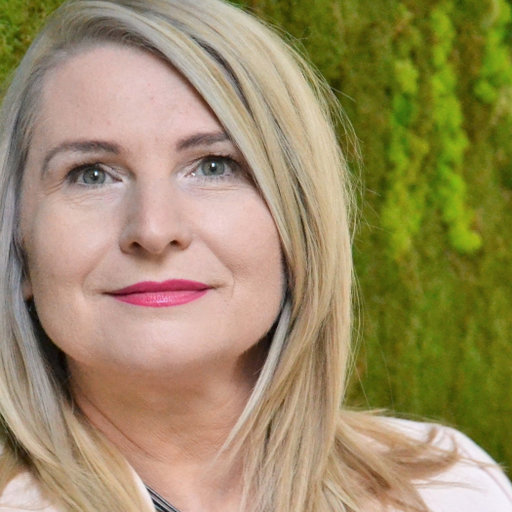
Workshop Summary
This was the second part of Alexandra Baldwin’s interactive workshop on diversity and inclusion, focusing on how these principles can be embedded within organizational processes to drive innovation, collaboration, and improved performance. The session began with a conceptual exploration of diversity and inclusion, emphasizing their broad scope beyond gender and ethnicity to encompass age, abilities, background, and perspectives. Alexandra introduced the Harvard Implicit Association Test as a tool to uncover unconscious biases that can influence recruitment, promotion, and evaluation decisions. The discussion then moved to the distinctions between equity and equality, highlighting how both regional and industry-specific contexts shape diversity challenges.
Through a mix of presentation and audience contributions, Alexandra encouraged participants to reflect on how organizational structures and formal learning systems shape our openness to diversity. She drew on cross-cultural comparisons of education systems to illustrate how competition, standardized learning, and social norms influence inclusion efforts. The workshop also examined how social and technological innovation can work together to promote equitable workplaces, and stressed the importance of breaking out of social and informational “bubbles” to embrace wider perspectives.
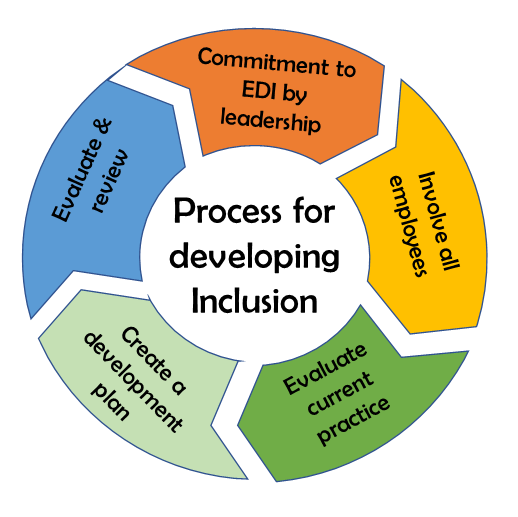
Key Conclusions
- Diversity and inclusion must be understood in a broad sense, addressing visible and invisible dimensions of difference.
- Unconscious bias can undermine equity unless actively identified and addressed through tools like the Harvard IAT.
- Equity and equality are distinct concepts, each requiring tailored approaches in different regions and industries.
- Formal education systems can unintentionally reduce natural openness and creativity, which organisations must work to restore.
- True inclusion requires moving beyond one’s comfort zone and engaging with unfamiliar perspectives and communities.
Alignment with Inspiring the Minds Goals
This lecture advances the goals of the Inspiring the Minds project by addressing the following:
- Green Actions: While the primary focus was on social dimensions, the workshop linked inclusion to sustainable development goals, recognising that equitable workplaces are integral to broader sustainability transitions.
- Inclusivity: Central to the session, with in-depth discussion on addressing barriers for underrepresented groups, challenging bias, and promoting belonging.
- Course Co-Creation: The interactive structure allowed participants to shape the discussion through shared experiences and reflections, fostering collaborative learning.
Take-Home Message
Inclusion starts with individual awareness. By recognising our biases, challenging systemic barriers, and engaging with diverse perspectives, we can create workplaces where everyone has the opportunity to thrive.
About the speaker
As a researcher and lecturer at the University of Applied Sciences Burgenland’s Department of Business Studies, Alexandra investigates topics related to organizational learning and lifelong learning in the context of entrepreneurship and business studies, as well as personal and personnel development. She works on projects connecting research with (sustainable) business and the impact of continued education efforts on organizational development.
If you missed the workshop, you can watch the recording and claim an acknowledgement certificate from here
Tags
##DiversityAndInclusion #EquityVsEquality #ImplicitBias #OrganizationalLearning #WorkplaceInnovation #InspiringTheMinds
Inclusion and Pay Equity
📅 Date: 18 May 2023
🎙️Speaker: Lipika Verma, Vice President – Rewards & Performance Innovation & Thought Leadership, Schneider Electric

Lecture Summary
This lecture, delivered by Lipika Verma, explored two critical topics in modern organizational practice: inclusion and pay equity. Drawing from her extensive global leadership experience, Verma first addressed the importance of building an inclusive workplace culture where all employees feel respected, valued, and empowered to contribute—regardless of personal characteristics such as gender, ethnicity, or ability. She shared practical measures such as unconscious bias training, flexible work arrangements, and global policies that address diversity, equity, and inclusion (DEI) at all levels.
The session then shifted to pay equity, defined as fair compensation for equal work, irrespective of gender or other factors. Verma explained Schneider Electric’s goal of maintaining a gender pay gap of less than 1% by 2025, detailing the challenges, data-driven methodologies, and process improvements needed to achieve this target. She emphasized how inclusive policies—like the gender-neutral Global Family Leave Policy, anti-harassment guidelines, and flexible working arrangements—are key to both employee well-being and organizational performance.
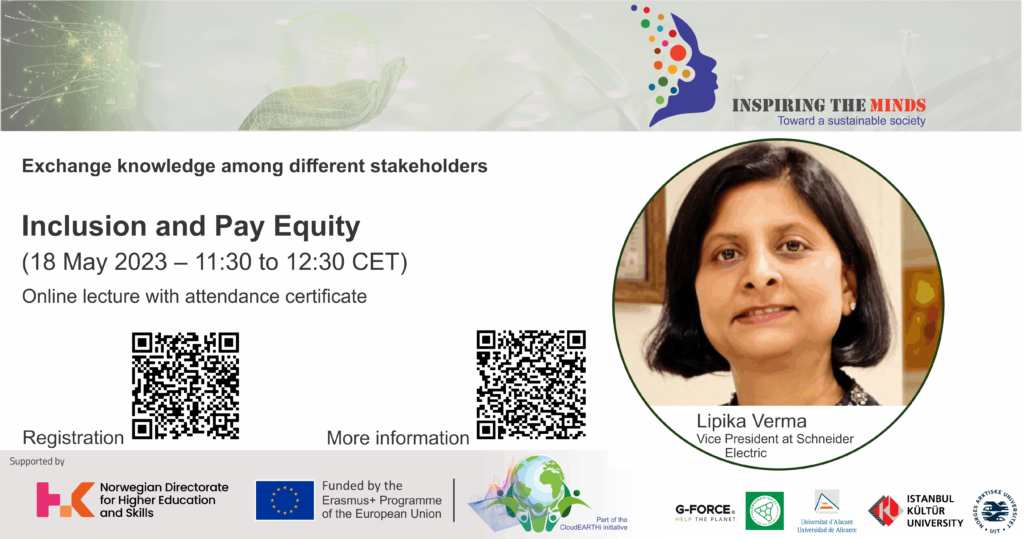
Key Conclusions
- Inclusion drives performance: Inclusive organizations are more innovative, achieve better financial results, and create stronger employee engagement.
- Policies must be both global and local: Global DEI frameworks must allow local adaptation for cultural and legal contexts.
- Pay equity is measurable and actionable: Gaps are often created at hiring, during promotions, or in salary reviews; addressing them requires training, governance, and analytics.
- Well-being and inclusion are interconnected: A supportive environment boosts performance, which in turn enhances well-being.
Alignment with Inspiring the Minds Goals
This lecture advances the goals of the Inspiring the Minds project by addressing the following:
- Inclusivity and Diversity – The lecture provided practical strategies to ensure all employees, regardless of background, have equal opportunities to thrive, directly supporting inclusivity objectives.
- Green Actions – By promoting fair and sustainable workplace practices, the session reinforced the importance of socially responsible policies that align with broader sustainability goals.
- Course Co-Creation – The concepts of inclusion, equity, and transparent policy-making can be integrated into interdisciplinary educational activities and collaborative course development.
Take-Home Message
Achieving true inclusion and pay equity is a continuous journey requiring leadership commitment, transparent processes, and cultural change at every organizational level.
About the speaker
Lipika Verma is Vice President – Rewards & Performance Innovation & Thought Leadership at Schneider Electric, where she leads global reward strategy, DEI initiatives, and well-being programs. She has over two decades of HR leadership experience across companies like GE Capital and Nokia, and is recognized among India’s top women leaders. Her academic background includes degrees in Physics and Human Resources, complemented by global leadership certifications.
If you missed the workshop, you can watch the recording and claim an acknowledgement certificate from here
Tags
#InspiringTheMinds #Inclusion #PayEquity #Diversity #DEI #HumanResources #WorkplaceCulture #Sustainability
Agility and Semantic Structures for Scaffolding Academic Education: Part 2 (Workshop)
📅 Date: 24 May 2023
🎙️Speaker: Karsten Böhm
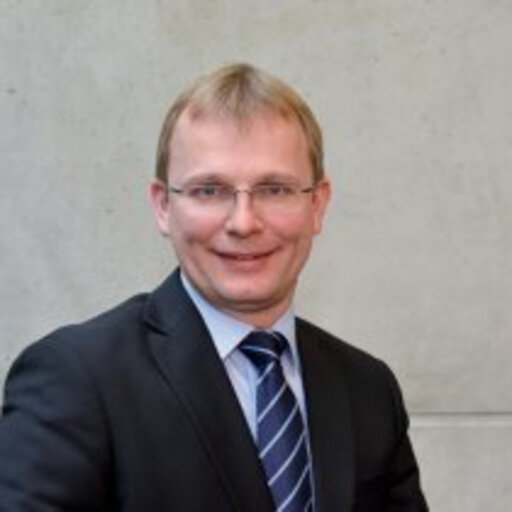
Workshop Summary
This workshop addressed the pressing need for Higher Education Institutions (HEIs) to adapt to an increasingly competitive and dynamic environment, where knowledge grows and becomes outdated faster than ever. Prof. Karsten Böhm introduced the concept of Pre-built Information Spaces for Learning Environments (PreBIS-LE)—semantic structures designed to create connected, modular educational items that can serve as scaffolding for building, communicating, and executing education programs.
Participants explored how these structures can enhance transparency, improve collaboration between stakeholders, and serve as a foundation for IT systems that dynamically present and explore educational program content. Through practical examples from multiple domains, the workshop demonstrated how structured learning outcomes can better respond to the rapid changes in knowledge landscapes.
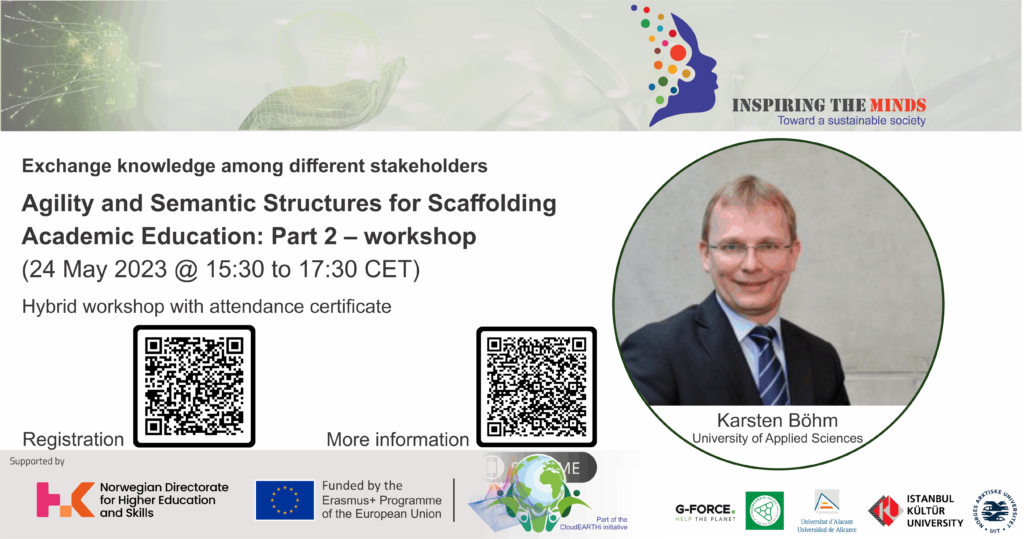
Key Conclusions
- HEIs require agile and modular education models to keep pace with knowledge evolution.
- Semantic structures like PreBIS-LE can improve communication and transparency between educators, administrators, and technical teams.
- The formalization of learning outcomes supports both human understanding and IT system integration.
- Collaborative design of modular content enables faster adaptation to new challenges in academia.
Alignment with Inspiring the Minds Goals
This lecture advances the goals of the Inspiring the Minds project by addressing the following:
- Inclusivity and Diversity – By standardizing structures while allowing flexible content creation, the approach supports accessible and equitable education design across disciplines.
- Green Actions – Modular and reusable learning structures reduce duplication of effort and optimize resources, contributing to sustainable educational practices.
- Course Co-Creation – The PreBIS-LE concept directly supports collaborative course development by providing shared, structured frameworks for educators and stakeholders.
Take-Home Message
Structured, semantic frameworks like PreBIS-LE offer a powerful way to make academic programs more adaptable, transparent, and collaborative—helping HEIs stay agile in a rapidly evolving knowledge landscape.
About the speaker
Prof. Karsten Böhm is a professor of Business Informatics at the University of Applied Sciences Kufstein Tirol, Austria. With a background in Computer Science, Linguistics, and automatic text processing, he has led multiple academic programs and advised accreditation agencies in Austria and Germany. His research focuses on IT-supported knowledge management, innovation management, and knowledge-intensive process management, with a recent emphasis on semantic technologies and agile methods in higher education.
Recording
Some audience members requested not to record the session. To respect their privacy, the recording is not available.
Tags
HigherEducation #AgileLearning #SemanticTechnologies #CourseDesign #EducationInnovation #InspiringTheMinds #ModularEducation
Diversity and Inclusion in Organizational Processes (Workshop – part I)
📅 Date: 9 May 2023
🎙️Speaker: Alexandra Baldwin

Workshop Summary
The first part of this interactive workshop introduced participants to key concepts of diversity and inclusion within organizational processes, particularly in project management and workplace environments. Alexandra highlighted that organizations are ultimately made of people, and inclusion starts at the personal level. The session explored unconscious bias, stereotyping, equality versus equity, intercultural competence, intersectionality, allyship, and inclusive leadership.
A central activity invited participants to identify their “trusted 10” — individuals they rely on most in their professional life — and then analyse the group’s diversity by gender, nationality, age, sexual orientation, education level, disability status, and marital status. This exercise revealed patterns of similarity, often reflecting the participants themselves, and sparked discussion on inclusivity gaps. Conversations touched on cultural influences on intergenerational relationships, the role of trust in leadership, and how organizational culture shapes openness to diversity.
The workshop encouraged self-reflection, cross-cultural exchange, and an honest dialogue about where inclusion succeeds and where it faces barriers.

Key Conclusions
- People tend to surround themselves with others who share similar characteristics, limiting diversity unless actively challenged.
- Trust in leadership is a strong indicator of a healthy, inclusive work environment.
- Cultural norms significantly shape intergenerational and hierarchical relationships, influencing inclusion both positively and negatively.
- Creating a “safe space” for open communication is essential for inclusive organizational learning and development.
Alignment with Inspiring the Minds Goals
This lecture advances the goals of the Inspiring the Minds project by addressing the following:
- Inclusivity: Core focus of the workshop through self-assessment and reflection on biases, representation, and diversity gaps.
- Green Actions: Indirectly connected via the link between sustainable organizational culture and equitable practices.
- Course Co-creation: Actively engaged participants in shaping the discussion through personal examples and shared experiences.
Take-Home Message
Inclusion begins with self-awareness. By understanding the diversity — or lack thereof — in our own trusted networks, we can make deliberate choices to widen perspectives, break down barriers, and build more inclusive professional environments.
About the speaker
As a researcher and lecturer at the University of Applied Sciences Burgenland’s Department of Business Studies, Alexandra investigates topics related to organizational learning and lifelong learning in the context of entrepreneurship and business studies, as well as personal and personnel development. She works on projects connecting research with (sustainable) business and the impact of continued education efforts on organizational development.
If you missed the workshop, you can watch the recording and claim an acknowledgement certificate from here
Tags
##DiversityAndInclusion #EquityVsEquality #ImplicitBias #OrganizationalLearning #WorkplaceInnovation #InspiringTheMinds
The Limited Presence of Women in Venture Capital (Lecture)
📅 Date: 3 May 2023
🎙️Speaker: Ana Alcaine – EIT Food / Supernovas Initiative
Lecture Summary
This lecture explored the persistent gender imbalance in the venture capital (VC) sector and its far-reaching consequences, particularly for female-led investment teams seeking funding. Drawing from her experience in VC and her leadership role in the Supernovas initiative of the European Institute of Innovation and Technology (EIT), Ana Alcaine unpacked the structural, cultural, and economic barriers that limit women’s participation as investors.
She shared data from the European Women in VC report, revealing that only 15% of general partners (GPs) in European VC firms are women, and these women often manage smaller funds, controlling just 9% of assets under management. Regional disparities were also discussed, with surprising findings—such as the Nordics lagging behind in large fund representation. The discussion connected these figures to the stark funding gap for female founders: in 2021, only 1.8% of VC investment went to all-female teams, despite their wider presence in entrepreneurship.
Ana also examined psychological and behavioural dynamics in investor-entrepreneur interactions, referencing research that shows women are more often asked prevention-focused questions (risk avoidance) while men are asked promotion-focused ones (growth potential)—a bias present in both male and female investors.
The lecture introduced Women2Invest, a program designed to increase the number of female investors through targeted training, mentorship, and cross-sector collaboration. Participants left with a deeper understanding of the VC gender gap, actionable insights for countering bias, and examples of initiatives working toward a more inclusive investment ecosystem.
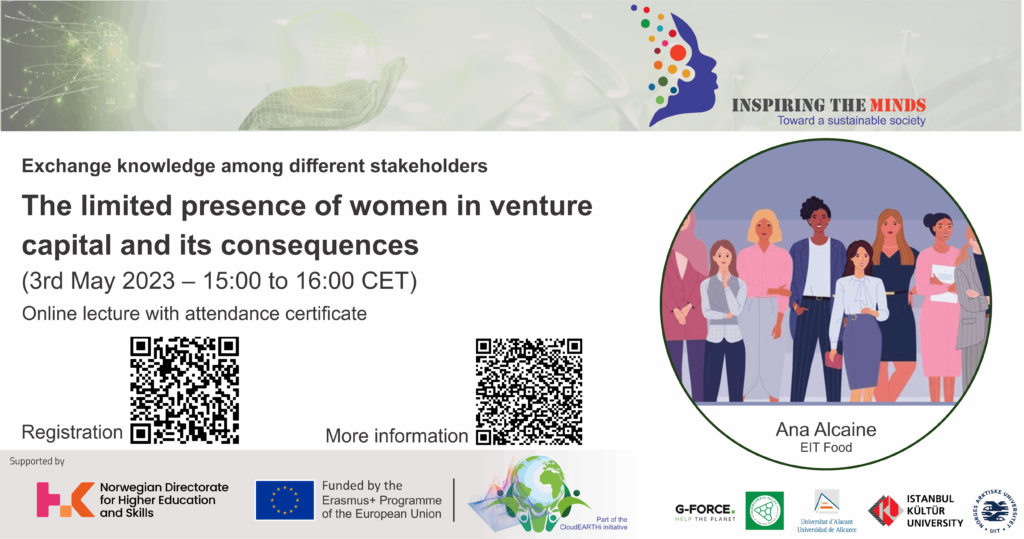
Key Conclusions
- Gender imbalance in VC leadership directly influences funding distribution and opportunity access for female founders.
- Female GPs tend to manage smaller funds, limiting their influence on investment flows.
- Investor questioning styles often reflect unconscious bias, affecting pitch outcomes.
- Initiatives like Women2Invest are essential for fostering diversity and equity in the investment sector.
Alignment with Inspiring the Minds Goals
This lecture advances the goals of the Inspiring the Minds project by addressing the following:
- Inclusivity and Diversity – Highlights systemic barriers for women in VC and promotes initiatives that foster gender equity in entrepreneurship and investment.
- Green Actions – Encourages funding diversity that can channel investment toward sustainable, socially responsible ventures.
- Course Co-Creation – Demonstrates how collaboration between industry stakeholders can design inclusive investment programs that reshape entrepreneurial ecosystems.
Take-Home Message
Closing the gender gap in venture capital is not only a matter of fairness but also of unlocking untapped innovation and market potential. Structural reform, conscious investor behaviour, and targeted inclusion programs are key to reshaping the investment landscape.
About the speaker
Ana Alcaine is a seasoned venture capital professional, entrepreneurship advisor, and professor. At EIT Food, she coordinates the Supernovas initiative, which works across multiple EIT Knowledge and Innovation Communities to bring more women into the investment ecosystem and support female entrepreneurs. Her background includes senior VC roles, management consulting, and advising start-ups, incubators, and corporations.
If you missed the workshop, you can watch the recording and claim an acknowledgement certificate from here
Tags
#VentureCapital #GenderDiversity #WomenInVC #InclusiveInvestment #Entrepreneurship #InspiringTheMinds #Women2Invest
Building entrepreneurial mindset and social innovation capacities supporting the Blue Economy (Lecture)
If you missed a lecture, you can watch the record and claim an acknowledgement certificate from here
An insightful guest lecture on the career opportunities in startup companies. This event provides an opportunity to hear from seasoned professionals and entrepreneurs who have successfully navigated the startup world. We explore the pros and cons of working in a startup environment and help you determine if it’s the right fit for you.
Agenda:
- Introduction to the speaker and their experience in the startup industry
- Working in a startup vs. corporation
- What skills or attitudes are needed to thrive in the startup world?
- Equity vs. salary compensation
- Where to look for jobs in climate-tech startups
- How to get your foot in the door in VC
- Q&A session with the speaker
Key Takeaways:
- Gain an understanding of the benefits and challenges of working in a startup environment
- Learn about the key skills and qualities needed to succeed in the startup industry
- Discover tips for identifying and evaluating potential startup opportunities
Target Audience:
This guest lecture is intended for students, recent graduates, and professionals who are considering a career in the startup industry. It is also suitable for anyone who wants to learn more about the startup industry and its growth potential.
Duration: The guest lecture will last approximately an hour including the Q&A session.
Conclusion: Whether you’re a recent graduate or a seasoned professional, exploring a career in startup can be an exciting and rewarding experience. Join us for this guest lecture and learn from industry experts who have successfully navigated the startup world. Discover the skills and qualities needed for success, learn how to identify and evaluate potential startup opportunities.
When: 18 April 2023 (11:00 – 12:00 CET)
Where: Online – Zoom
Event poster:
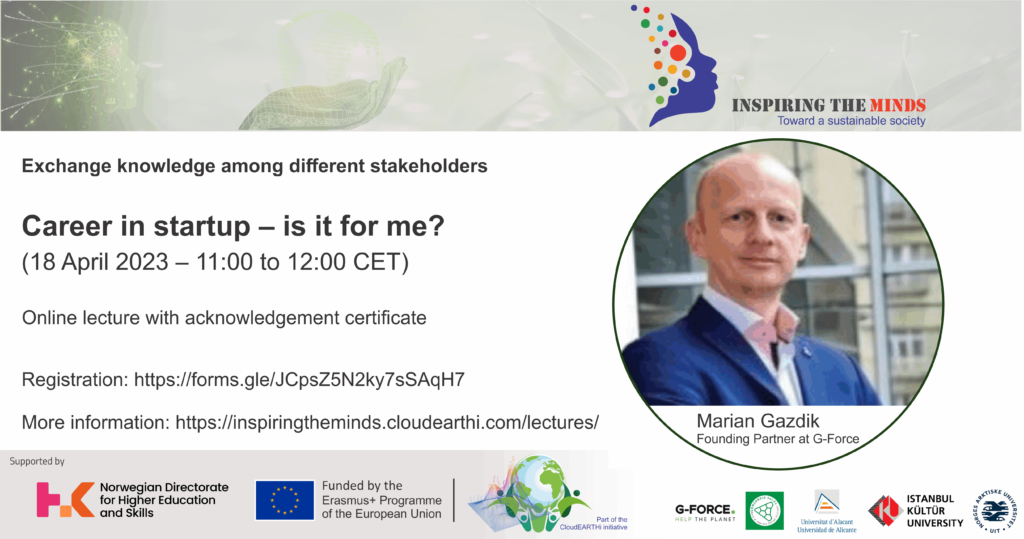
Ensuring a sustainable ocean economy (Lecture)
Join us in a conversation between former Prime Minister Erna Solberg, rector of UiT Dag Rune Olsen, and participant in UiT’s Ocean Leadership program and community contact, responsible for sustainability for Gratanglaks Monica Eide. The conversation will be chaired by Jan-Gunnar Winther, leader of the Centre for the Ocean and the Arctic.
The world’s attention is increasingly turning to the ocean to meet the world’s food and energy needs. At the same time, the ocean is experiencing the global crises of rapid climate change, high-level biodiversity loss, and widespread pollution. In 2018, former Prime Minister Erna Solberg launched the High Level Panel for a Sustainable Ocean Economy. This has in time ensured that Norway has taken a powerful leadership role in the international effort to ensure sustainable use of the ocean. But are we on track to reach the international – and our own national – sustainable development goals?
Join us in a conversation between former Prime Minister Erna Solberg, rector of UiT Dag Rune Olsen, and participant in UiT’s Ocean Leadership program and community contact, responsible for sustainability for Gratanglaks Monica Eide. The conversation is chaired by Jan-Gunnar Winther, leader of the Centre for the Ocean and the Arctic.
Join us in a conversation between former Prime Minister Erna Solberg, rector of UiT Dag Rune Olsen, and participant in UiT’s Ocean Leadership program and community contact, responsible for sustainability for Gratanglaks Monica Eide. The conversation will be chaired by Jan-Gunnar Winther, leader of the Centre for the Ocean and the Arctic.
The guest lecture hosted by the Ocean Leadership program & the Centre for the Ocean and the Arctic
Ocean Leadership is an affiliated program to Faculty of Biosciences, Fisheries and Economics (i.e., the host institute of the Inspiring the Minds project).
When: 13.03.23 kl 10.30–12.00
Where: Tromsø TEO-H6 Auditorium 3 (6.303) & online
You can watch the record of the event from here: https://drive.google.com/file/d/1IHjpZ74mdGDEj6EH4lVjhfoxm7_5DQvX/view?usp=share_link
If you missed the lecture, you can watch the record and claim an acknowledgement certificate from here
European Institute of Innovation and Technology – cooperation opportunities (Workshop)
The European Institute of Innovation and Technology (EIT) aims to increase Europe’s ability to innovate by nurturing entrepreneurial talent and supporting creative ideas. The EIT has 9 creative communities of innovation that cover a wide topic range (i.e., digital, raw materials, food, climate, health, culture, energy, manufacturing and urban mobility). The European Institute of Innovation and Technology provides funding opportunities for innovative projects that aim to find sustainable solutions to the challenges that face Europe. They offer a unique chance for entrepreneurs, researchers, and businesses to make a real impact on our society.
The European Union relies heavily on strategic and critical raw materials for its growth and development, and it is crucial that we secure a sustainable supply of these materials to maintain our competitiveness in a global market. At the same time, we must also be mindful of the environmental impact of our resource consumption.
Lotta Aalto (a lead expert at the EIT RawMaterials) will provide us with an overview of the challenges facing Europe in the sector of raw materials and the different actions and opportunities provided by the European Institute of Innovation and Technology in order to tackle such challenges.
The event is open to all (students, researchers, academics and non-academics) from UiT and other universities. The event will be hybrid and you can follow it using Zoom. There will also be an opportunity for networking and Q&A after the lecture.
Where: UiT The Arctic University of Norway Naturfagbygget: 1.103 Episenteret or Online: Zoom (confirm your attendance to get the Zoom link)
When: Wednesday, 22 of Feb, 11:30 to 12:45 (CET)
If you missed the lecture, you can watch the record and claim an acknowledgement certificate from here
The record of this lecture is available but after a permission from the authors. Please send us (tamer.abu-alam@uit.no) a request to get access to the video.
Inspiring the Minds: Embedding inclusion, diversity and climate action into the academic environment (Workshop)
The challenges of today require our students to possess both multidisciplinary knowledge and soft skills necessary to pursue careers that cross the boundaries between science and society. A total of 17 partners from 11 countries across Europe are participating in three EU projects led by UiT. These projects aim to build competencies and develop multidisciplinary education programs to embed knowledge about innovation, diversity, environmental challenges, and big data solutions. This contribution aims to demonstrate how different partners from different cultural backgrounds are addressing these issues.
Where: UiT The Arctic University of Norway B1005, SV-/HUM-bygget
When: 15:00 – 15:40 (CET), 07.12.2022
If you missed the workshop, you can go through the presentation and claim an acknowledgement certificate from here

